Secret Door: Episode 1
by javabeans
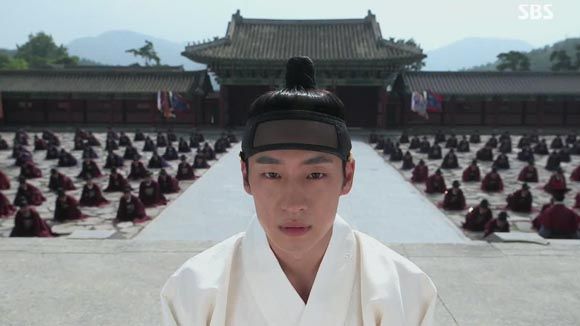
Secret Door is probably my most anticipated drama of the year, so to say I was nervous and excited about its premiere is something of an understatement. The history that this story deals with is so gripping, moving, and morbidly fascinating that once your imagination is grabbed, there’s no letting go.
I’ll get into the specifics of that history in another second, but trufax aside, there’s also an excellent cast to compel your attention, with a solid production team at the helm (the writer wrote Hwang Jini, Immortal Lee Soon-shin, and The Great King Sejong; the PD directed Ghost, Sign, and Suspicious Housekeeper).
So did the premiere live up to my expectations? Casting-wise, absolutely—we’re going to be dealing with some heart-shredding moments of conflict and pathos, and the leads are commanding. Plot-wise, I actually feel it’s a bit early to tell for certain, because this hour is densely packed and swiftly paced, in order to set us up quickly and send us on our way. I think I’m going to like the plot, with its mix of darkness, tension, and even lighthearted touches of humor, but we’re just barely getting started. So without further ado…
SONG OF THE DAY
Thomas Cook – “폭풍 속으로” (Into the storm) [ Download ]
Audio clip: Adobe Flash Player (version 9 or above) is required to play this audio clip. Download the latest version here. You also need to have JavaScript enabled in your browser.
HISTORICAL BACKGROUND
Normally in sageuk dramas, there’s a certain point at which I try to forget how history unfolds in the “future,” so that I can enjoy the drama’s retelling in the now. However, it feels necessary in introducing Secret Door to do the opposite and discuss its famous conclusion up front, because this drama is proceeding with the assumption that we are already familiar with the tragic tale of Crown Prince Sado. The drama is purposely playing with the commonly accepted version of history in order to offer up a twist—and in order to appreciate the twist, we have to first acquaint ourselves with the conventional belief.
Sado was the only (living) son of Joseon’s longest-reigning king, Yeongjo, and father to one of its greatest kings, Jeongjo. He was groomed for greatness from the moment of birth, and his father placed exacting standards upon his only heir. Their relationship was, to put it mildly, fraught with tension, culminating in tragedy when Sado was 27 years old. Yeongjo ordered him to step into a rice chest, a box four feet square. Sado complied, the chest was sealed, and he died in it eight days later.
The big question, of course, is: Why? There are a number of theories surrounding Sado’s execution, some of which paint him as an out-of-control madman, and others that posit that he was merely a political pawn. So was Sado insane and dangerous? Was he the victim of conspiracy? Was Yeongjo manipulated by political foes to force his hand into executing his own son?
There are whole books devoted to these questions, so I’ll only outline the main points briefly here. Yeongjo became king after the death of his brother, King Gyeongjong. The period was marked by fierce factional strife (the Norons versus the Sorons), and Noron-backed Yeongjo was targeted by Soron accusations of having assassinated his brother. The rumors threatened to undermine his legitimacy to the throne, and seems to have been something he was sensitive to throughout his life.
As the son of a secondary concubine (to king Sukjong), Yeongjo was 41 when Sado was born, and poured his hopes into his heir. He wanted Sado to be a king whose legitimacy could not be disputed, vindicating Yeongjo as well, and constantly drilled into Sado lessons emphasizing filial piety. In her memoirs, Sado’s wife attributes his mental decline to an ever-increasing terror of his demanding father, whom Sado was desperate to please but whose immense expectations he was never able to live up to. The more he tried and failed to please his father, the more mistakes he made, and the more Yeongjo grew disgusted of him. Yeongjo was noted as displaying particular favoritism among his children; Sado was his least favored, and often treated with something bordering on contempt.
Sado’s behavior grew more erratic; he began lashing out in violence, including attempts at suicide, and snuck out of the palace on secret trips. These outbursts escalated into killings—of court ladies, doctors, eunuchs—and his wife describes living in daily fear that he might kill her, their son (later King Jeongjo), or anybody who happened to upset him. His episodes were interspersed with chilling interludes of lucidity, and finally things came to a head when Yeongjo heard a rumor—unconfirmed, but speculation puts it as a plan by Sado to kill his father—and was forced to act.
This drama is taking significant liberties with the accepted version of history, and points out that while based on real people, the story has been fictionalized. It’ll be interesting to see just how much poetic license is taken and whether it’ll actively contradict what is known. Although I think it’s safe to say that we’ll never know the full truth.
A note on names, which may already be familiar to sageuk-watchers: The names used to refer to kings are posthumously given, such as Yeongjo and Jeongjo, and would not have been known to the people of their time period. Sado’s name was also given posthumously (meaning prince of mournful thoughts), and his wife was not born Hyegyeong but is commonly referred to as such. The drama uses Sado’s given name, Lee (Yi) Sun, and based on the situation we may use either Sun or Sado, depending on clarity.
EPISODE 1 RECAP
We open thirty years before our drama’s present day, in the fourth and last year of King Gyeongjong’s reign.
A man is attacked in bed in the middle of the night. It’s future king Yeongjo (currently a prince, played by Han Seok-kyu), and he’s about two seconds from getting his throat sliced by a masked attacker. But it’s the attacker who goes down, cut down from behind.
A calm minister, KIM TAEK (Kim Chang-wan), checks that he is safe, then presents Yeongjo with a document. Yeongjo trembles in fear as the minister gives him his choices: sign or die. A wall of Noron officials sit at his back, and Yeongjo is forced to sign. By doing so, he has made a deal to gain the throne, but at the mercy of the Norons.
We jump ahead to Yeongjo’s twentieth year of rule (ten years before our present day). No longer cowering in fear, Yeongjo is nevertheless a sad sight, slumping drunkenly in front of his throne. He laughs bitterly about that damned document, which has effectively tied his hands—he’s unable to do anything, with the Norons controlling his every move. He’s tried to implement a rule of balanced politics and non-factionalism in his government, to no avail. He orders his official to find that document.
That official is PARK MUN-SU (Lee Won-jong), who reports to the king that the document is in a particular library. Soon that library is on fire, and Yeongjo laughs to himself as it burns to the ground—he’s free, as long as that document burned along with the building.
Now we’re in the present day, in Yeongjo’s thirtieth year of rule. Yeongjo has presumably been able to claim more power in the intervening years, because that Noron minister is pleased to hear of the document’s potential reappearance. Once they get their hands on it, he says, Joseon will once again be the Norons’ world. The hunt is on.
A young scholar overhears men talking about the document possibly being located in a particular building, and sneaks inside. There, he finds it pinned behind a wall hanging.
In the city, two young men walk furtively through the streets, guided by a map. One nervously urges the other to be more stealthy—the authorities have been cracking down on illegal booklenders.
Meanwhile, a young girl navigates her way around the city, collecting secret notes hidden in tubes in various hidey-holes. She’s SEO JI-DAM (Kim Yoo-jung), and the paper tickets bear a stamp reading Seo Family Booklenders. Must be her family. We see a whole network of people passing along books furtively; people have been forced to adopt secret measures to skirt the law.
King Yeongjo takes a morning meeting with the Noron leader, Kim Taek, now prime minister. Kim attempts to direct the king’s attention toward a serious matter but Yeongjo pays little attention and tells him to take it up with the prince-regent instead. (Yeongjo made Sado his prince-regent when Sado was fourteen, ostensibly to give him experience running the government.)
Prime Minister Kim stalks off in a huff, angry at being dismissed so lightly. Yeongjo knows to be wary and instructs his eunuch to keep an eye on him.
The crown prince, LEE SUN (played by Lee Je-hoon), is the one leading his friend to find those booklending tickets, and sighs that it’s not right that it should be so hard to borrow books. He finds the designated container hidden under a tile and, per instructions, tucks his ticket inside. His friend, SHIN HEUNG-BOK (Seo Joon-young), presses him to hurry, but it’s too late—Sun is caught by authorities while holding the secret ticket.
He and Heung-bok freeze, just as Ji-dam appears behind the clueless officials and motions for Sun to throw her the incriminating container. Sun just stares in confusion, and finally she resorts to yelling at them to throw it already, you half-wits.
She grabs the container out of Sun’s hand and makes a break for it. The authorities pursue her, and the two friends run as well. Ji-dam cuts through a gibang courtyard and is aided by clever gisaengs who block the officers’ paths and allow her to escape.
The boys make it to the city streets, but another sight makes them halt in their tracks: The booklending ring has been raided, and officers chase lawbreaking borrowers into the street, where they beat them down. Infuriated at the sight, Sun launches himself into the fray, knocking down officers left and right. One goes for the back of his head, and Heung-bok leaps in to deflect the blow, getting knocked down in the process.
Seeing his friend beaten inspires new fury and Sun leaps at that officer too, and starts punching him in the face. God, I want so much for him to yell Do you know who I am? but his friend jumps in, reminding him what trouble it would cause to have his identity outed. Thankfully the arrival of another man spares them a fight, and he quickly subdues the overzealous officers and urges the prince back to the palace.
Ji-dam makes it safely back home, then enters a hidden basement where her father is overseeing operations for their booklending shop. He recites while writers copy down his words, and she informs him of the raid, muttering about the added complication, thanks to “those half-wits.”
Speaking of whom, Sun races to the palace and hurriedly dresses for his morning greeting to his father, arriving panting and sweating. His proper wife, Lady Hong, aka HYEGYEONG (Park Eun-bin), has been awaiting him and looks annoyed as she says tersely, “You look busy.”
Yeongjo has already been informed of the booklending incident, but he doesn’t betray it as he asks his son why he looks so sweaty this early in the morning. Was he practicing martial arts? Or is he unwell? Sun just deflects nervously.
Princess Hyegyeong leaves the meeting in a huff, shooting Sun an icy glare, and a eunuch complains about his escapade. Sun challenges him—if he wants to know his reasons, then round up every borrowed book in the palace.
Ji-dam reminds her father about her crime novel that was supposed to release today, and Dad grumbles that romance stories are all the rage these days, not police thrillers. She proudly shows him a note to contradict him, which is narrated in Sun’s voice: Your talent is valuable and compelling. I would like to meet. The culprit is the one holding the scythe. If you want to know how I knew this, please come to meet me.
The problem is, there’s no copy ready to give him, and Ji-dam only has the original manuscript. Dad produces a copy and just says gruffly, “It was fun.” Aw, Dad.
One of the Seo Family books is discovered in the prince’s quarters, and Hyegyeong is outraged. On the other hand, Sun presents his decision to his council to legalize the distribution of books among commoners. The officials protest, since only the government possesses the power to publish and distribute.
To make his point, Sun has all the rental books found in the palace brought in—there are towers of them, and it emphasizes his stance that fighting their circulation is a losing battle, since they’re clearly being read widely. They bring people enjoyment, and thus are good books. Ministers argue to just crack down harder, and one barks that they can hardly call smutty love stories like that “good books”—and that’s a dead giveaway.
Sun chuckles, “I see you must have read The Story of Chun-hyang.” HA. (Chun-hyang could be seen as a romance between young lovers—which is how our minister of the right interpreted it—but Sun says it could also be seen as the story of a corrupt governor who coveted another’s wife.)
Then Minister Min protests that other books could inspire rebellious thoughts, and Sun notes, “Ah, are you reading The Story of Hong Gil-dong?” Double ha! Minister Min argues that the writer was a traitor (Hong Gil-dong told of a hero of the people who set up an egalitarian, utopian society, and was seen as an indictment of the government), and Sun asks if everyone who reads of revolution is harboring designs to revolt. Minister Min huffs that it’s possible. Sun’s face hardens and he snaps, “If it is, then our country is wrong.”
Sun declares that he will make book distribution legal and orders the crackdowns to be halted.
The ministers are alarmed. Yeongjo just laughs when he’s informed. So the Noron ministers meet amongst themselves to discuss what is to be done about the prince’s orders.
The Soron ministers meet as well, and their consensus is to back the prince. In so doing, it’s possible that all of the crimes committed by their Noron counterparts may be exposed, particularly in regards to Yeongjo’s ascension. For what it’s worth, it doesn’t appear that the Sorons are any more virtue-motivated than the Norons; they just see this as their opportunity to ride the incoming wave of power by backing the prince (the rising sun), while the Norons side with the king (the setting sun).
But there’s at least one virtue-minded soul among them in Park Mun-su, who asks where the people figure into this new Soron world they envision: “Do they exist at all?” One huffs that the party leaders must stand first for the people to stand, which sounds a lot like trickle-down politics to me.
Prime Minister Kim adds an ominous comment to Park Mun-su about the prince, insinuating that he’s “worried” for his safety—he may find himself in dangerous straits.
Park Mun-su visits the prince next, who greets him warmly as Teacher. He feels pretty good about having won that battle with the council, but Park Mun-su says that he saw a prince win a verbal tiff only to lose in politics. Sun asks uncertainly what he means, and Park replies that he won’t be able to legalize that book distribution. Politics isn’t about winning fights, but persuasion, he says.
Sun argues that this is a simple matter, but his teacher points out that 400 years of national law have been in place for a reason. He ought to confer with the king before making such decisions, lest he be seen as an enemy. At that word Sun leaps up in alarm—that’s a serious charge to make against him.
But this is Teacher Park’s point, which Sun hasn’t seemed to realize. He’s the prince-regent, and he needs to navigate politics more thoughtfully. But Sun argues that it’s the king himself who made him regent, and thus he is carrying out the king’s wishes.
King Yeongjo receives the report that his son’s actions may have overreached, but once again is more distracted with his leisurely pursuits, to his eunuch’s frustration. The thing is, Yeongjo is clearly listening, and he looks sharp even as he ignores his advisors—so what is he thinking?
In his room, the prince sits for a portrait while the artist paints… or so we think, until we see that the man wearing the prince’s clothing is actually best friend Heung-bok, who looks pretty uncomfortable sitting there in royal vestments while Sun kneels with paints.
Sun tosses a brush aside in annoyance, still upset about his teacher’s words, not seeing how such a simple matter of allowing the people to read books could be seen as a threat to his father.
Heung-bok asks to trade back their clothing, but Sun flops down and says he prefers it this way, as these clothes suit him better. “Maybe I was fated to be an artist,” Sun sighs. Heung-bok warns him not to talk like that to other people, lest it sound ungrateful.
Sun asks what his friend’s dream in life is—best artist in Joseon? Heung-bok says he’d just like not to worry about paying for medicine for his ill mother, and to marry his sister off well.
Princess Hyegyeong arrives outside the prince’s quarters and chafes when she’s told that he requested no visitors be admitted, having had a difficult day. The princess sneers, “Are you saying I am someone who interferes with the prince’s rest?” The court lady replies firmly, “Has there been a day when you were not?” Ooh, burn.
Hyegyeong just barges in anyway, and the instant he sees her, Heung-bok falls to the ground in a bow. Sun grimaces, but calmly meets her protests—he knows this is improper, illegal even, but thought to try it for amusement. She confronts him with the borrowed book, and Heung-bok hastily leaves the two to privacy.
Sun informs the princess that she overstepped by entering his quarters without permission. She argues that stopping misdeeds trumps that, and takes issue with not only his reading illegal books but making a state issue of them. For what it’s worth, Hyegyeong doesn’t seem like a gleefully malicious sort, but one who’s overly rigid about principle and frustrated with the prince’s ongoing brushes with trouble.
Sun congratulates her for her political acumen; she must have planted an informant to report on his doings. She challenges, “Is it a crime for me to harbor interest in my husband’s activities?”
He takes issue with that. Grabbing her closer, he asks, “Is your interest in me, or my dragon [royal] robes?” Unnerved, she shakes off his arm and leaves without a word.
Prime Minister Kim confers with another high-ranking official (the crown princess’s father) and reacts immediately at news of an artist, Shin Heung-bok, having been nearby to hear one of his conversations. Ah, this must be in reference to that early scene where the artist heard officials talking and found that document before they did. This is, of course, alarming news.
Prime Minister Kim abruptly leaves his office without notice and tells a crony pointedly that while the Norons had the power to put a king on the throne, they also have the power to take him down.
That afternoon, when Yeongjo is presented with his daily medicine, he notes that Prime Minister Kim has excused himself unexpectedly. The minister presses him multiple times to take the medicine, and Yeongjo toys with him before finally taking up the bowl.
It’s not clear whether they’ve done anything to the medicine, but regardless, Yeongjo is suspicious. He pauses to speak with a new eunuch in his ranks, to whom he offers the tonic instead, eliciting a chorus of horrified protests. Ostensibly it’s because nobody would dare take the king’s medicine, but is there another reason?
Yeongjo flings the medicine in his minister’s face and spits out vulgar curses at him. The minister balks at his language, and Yeongjo asks sneeringly if he’d like to chalk it up to senility—and in light of that, will he argue to remove him from the throne?
Flinging the bowl, Yeongjo barks, “I will abdicate!”
Sun hears of this proclamation with horror, and his advisor suggests that the king was angered by the book-publication issue. He hurries to the king’s palace.
Hyegyeong confers with her father, upset because abdication would be a direct threat to the crown prince’s position (and thus also hers). Especially as Yeongjo has a young concubine who is currently pregnant; a son would render Sun’s heir status precarious. They must strategize a solution, she entreats her father.
The entire courtyard fills with statesmen who bow in supplication to the king. At the very forefront is Sun, who kneels on a straw mat, dressed in plain clothes, and prepares himself.
As he does, his thoughts turn to fifteen years prior, when he was a five-year-old in the palace. His faithful court lady wakes him and carries him on her back as she races toward the king’s palace in the middle of the night, then sets him on a straw mat. Then as now, the courtyard is filled with kneeling officials, who exclaim to the king, “Your Highness, you mustn’t abdicate!”
Little Sun begins to cry, standing alone in front of the palace with its closed doors, and his court lady instructs him to cry louder. “Before your father the king rescinds his abdication, you must not stop your cries,” she says. He cries all through the night and falls asleep, but his court lady adds that he mustn’t stop his appeals for any reason, including sleep or hunger. And so, a few years later a slightly older Sun is led to his place in front of the courtyard to lead the cries.
Again and again, we see Yeongjo threaten abdication—sometimes in rage, sometimes despairingly, sometimes even jokingly. Each time, Sun is alerted and races to lead the appeals. Rain or snow, night or day. And when he nods off, he’s splashed with cold water in the freezing snow, so that he never ceases in his duty.
Today is no different, and the councillors repeat Sun’s entreaties. One minister—Hyegyeong’s father—even beats his own head against the stone ground until it bleeds. But we know that he has a particular interest in appealing this decision.
Prime Minister Kim sends a henchman to recover that lost document from that artist, Heung-bok, and to take his life if necessary.
Heung-bok finds his room ransacked, then hurries to check on the document’s hiding place. It’s hidden inside a blank scroll, the document slipped beneath a panel—or it would be, if his artist colleague hadn’t found it first. The friend is shaking as he reads it, and demands to know what Heung-bok’s role is. He tells him to burn it immediately, or to take it to the police, because hanging on to it can only mean Heung-bok’s death.
Heung-bok insists he’s going to take care of it, and warns his friend fiercely to keep his mouth shut. He’ll take it to the prince directly, he says.
But the prince is occupied at the moment, and Heung-bok is turned away. So he gives Sun’s eunuch a message to deliver, saying it’s about the booklender. But when Heung-bok arrives outside a house, he finds it guarded by strange men, and retreats fearfully.
Heung-bok hides out that night and takes out that document, which he copies into a book. It’s a crime novel from the Seo Family Booklenders, and he’s just added some damning information within its pages. To mark the copy, Heung-bok alters the stamp on the front cover.
King Yeongjo watches the proceedings from inside his palace, and is informed that Prime Minister Kim never returned to his post at the palace since he left it abruptly. This clear breach of protocol can only mean he’s conspiring against him—could it be that document?
His eunuch protests that it was burned with the library, but there’s just enough doubt to leave them wondering. Still, there’s no other reason Prime Minister Kim could dare flout him so boldly.
Prime Minister Kim tells his assassin, “The fight begins now.”
Heung-bok sets out nervously, gripping that book. Ji-dam sets out with another book in hand, ready to deliver it to her reader. And suddenly, Heung-bok senses danger and turns as something rushes at him from behind. His book falls to the ground.
Meanwhile, Sun continues his pleas to his father, begging him not to abdicate. He turns for a look behind him, and what he sees makes his eyes widen in shock.
COMMENTS
To be completely honest, I’m so interested in the history of this drama that I’m not entirely sure how much of my enthusiasm for the show is based on purely what the drama showed us, and how much is my excitement to see the drama’s portrayal of what I knew of history. I found the first episode dense with information and was gratified when I could piece together relationships without the drama explicitly telling us who was who, but I do think that any good drama will clarify relationships between its characters regardless of what is known about them in the public domain. In that regard I wonder whether the drama was as accessible to viewers who weren’t aware of the background.
I do think that the drama made a clear point of establishing character efficiently without necessarily compromising complexity. That’s thanks to the cast, because when you have Han Seok-kyu taking on this charismatic but confusing character who seems to be full of hidden motivations, I trust his portrayal—I can’t see what Yeongjo is thinking, but I know he’s thinking something. And while I don’t know yet where he’ll take us with him, already this Yeongjo is fascinating and complicated, showing signs of the brilliant man we know him to have been and also glimpses of that constantly shifting (and dare I say capricious?) personality that is frustrating enough to drive you to madness.
Lee Je-hoon makes me cry no matter what he’s doing, and I love his take on Sado/Sun already—although, let’s be honest, it’s not hard to love him when he’s being portrayed as the well-meaning, caring, and misunderstood dark prince, humanized in a way that the bare facts of history just don’t allow for. (Okay, I’ll be honest and admit that I wish the drama would take the truly dark path of showing Sado’s descent into darkness and possible insanity and still making him a rich, human character, but we’re dealing with broadcast television here. I’d bet money that we’re doing the Jang Ok-jung, Live By Love thing in telling the alternate version where Sado was wrongly maligned.)
Having read the Memoirs of Lady Hyegyong, it’s interesting to see this take on her character, and while she’s not what I’d pictured from reading the memoirs (even while being conscious of the potential for unreliable narrators and all), I’m intrigued by Park Eun-bin’s portrayal. Her Hyegyeong is cold and antagonistic toward Sun, but not in an unreasonable way, I think. She is liked by Yeongjo and seems to understand the dangers implicit in court life and politics, and perhaps she’d be a warmer wife if her husband weren’t endangering her standing by rocking the boat with his escapades. Particularly when he then explains himself with couched reasons like “It seemed like fun”—understandable in that he doesn’t trust her, but frustrating to her, who takes him at his word. In someone else’s hands perhaps I wouldn’t like her, but Park is 22 years old and this is her tenth sageuk; she’s capable and nuanced, and I trust her to make this interesting.
If nothing else, I will be watching this for the acting showcase it is (and the beautiful cinematography), because these powerhouses are certainly up for the task. And we haven’t even met some of them yet! There’s enough lightness that I don’t anticipate this to be an all-intense, all-intrigue type of drama—we’ll have some comic beats and bromance and bonding to round out the heartache, I think. In any case, I have an optimistic feeling about Secret Door, and I’ll hold on to my hope that the story takes us interesting places.
RELATED POSTS
- Secret Door’s enthusiastic press conference
- Secret Door doles out love, punishment, and tragedy
- Hidden tears in Secret Door’s character posters
- Secret Door preview hints at chilling father-son conflict
- Secret Door reveals its king and romantic killer
- Secret Door’s prince in action
- Kim Yoo-jung on the set of Secret Door
- Lee Je-hoon confirms drama return with Secret Door
- Kim Min-jong joins Secret Door as cold-blooded killer
- Han Seok-kyu, Lee Je-hoon up for reunion in sageuk drama Secret Door
Tags: featured, first episodes, Han Seok-kyu, Kim Yoo-jung, Lee Je-hoon, Park Eun-bin, Secret Door, Seo Joon-young
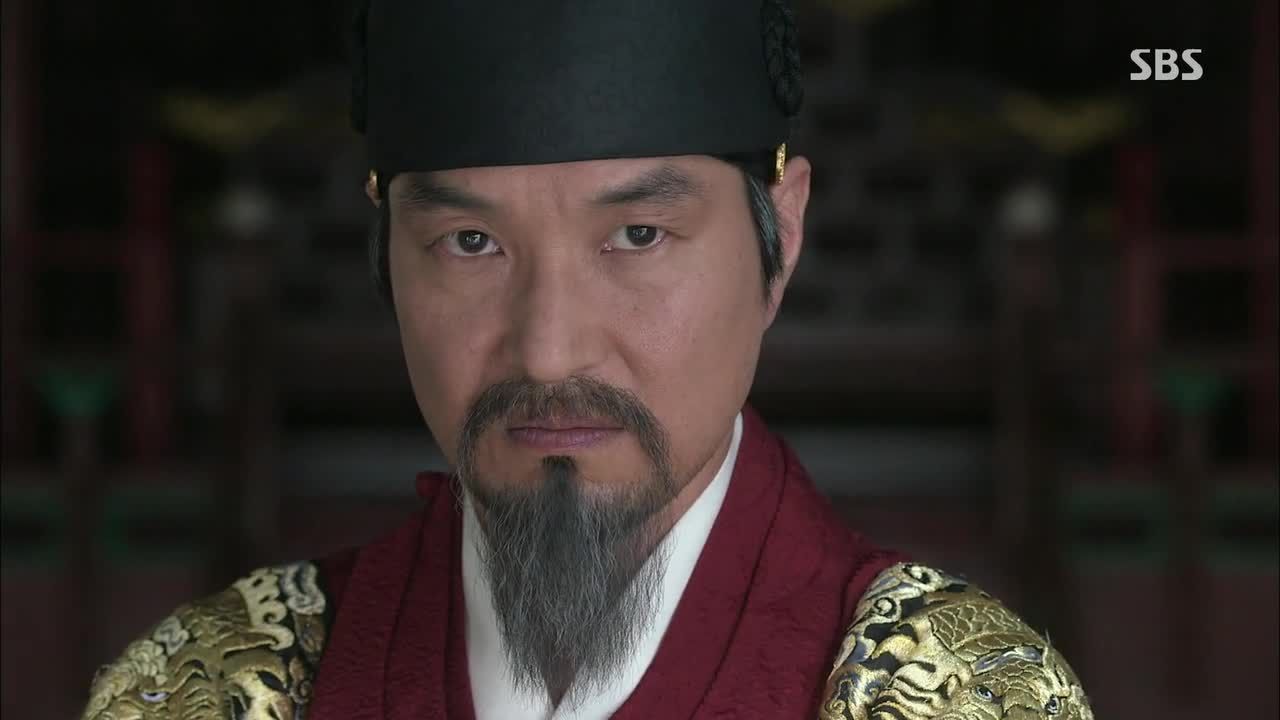
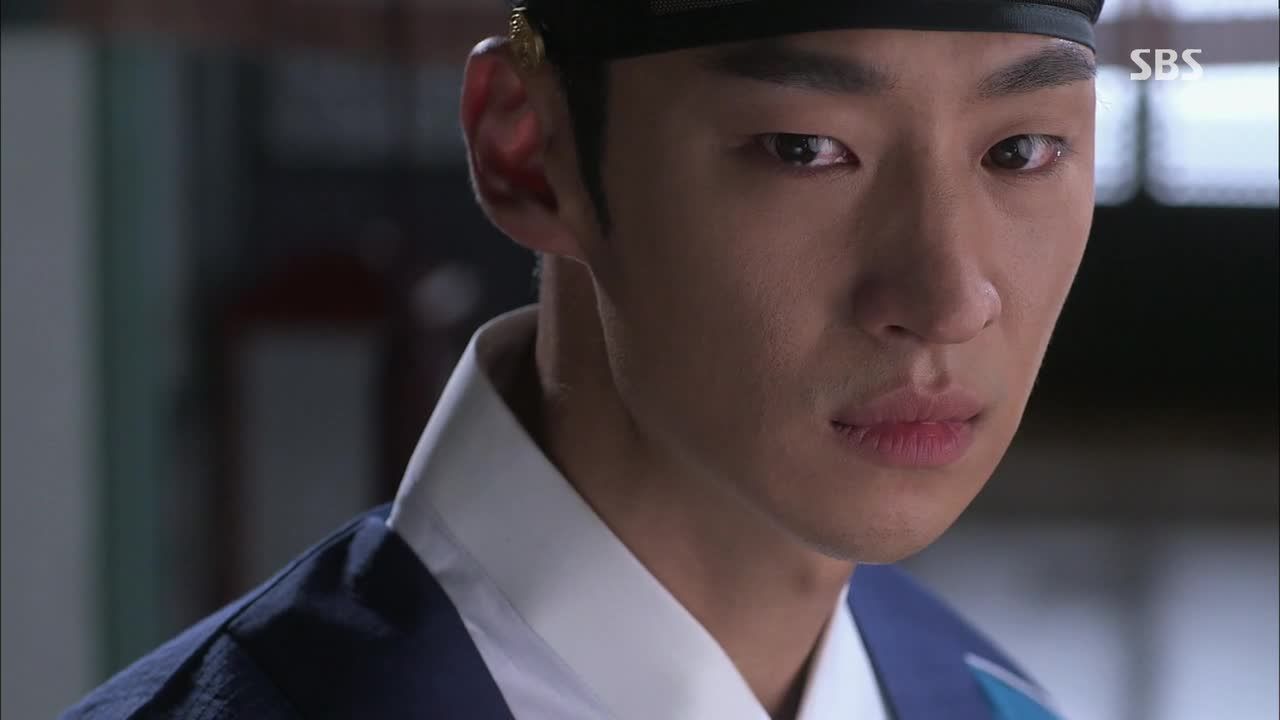
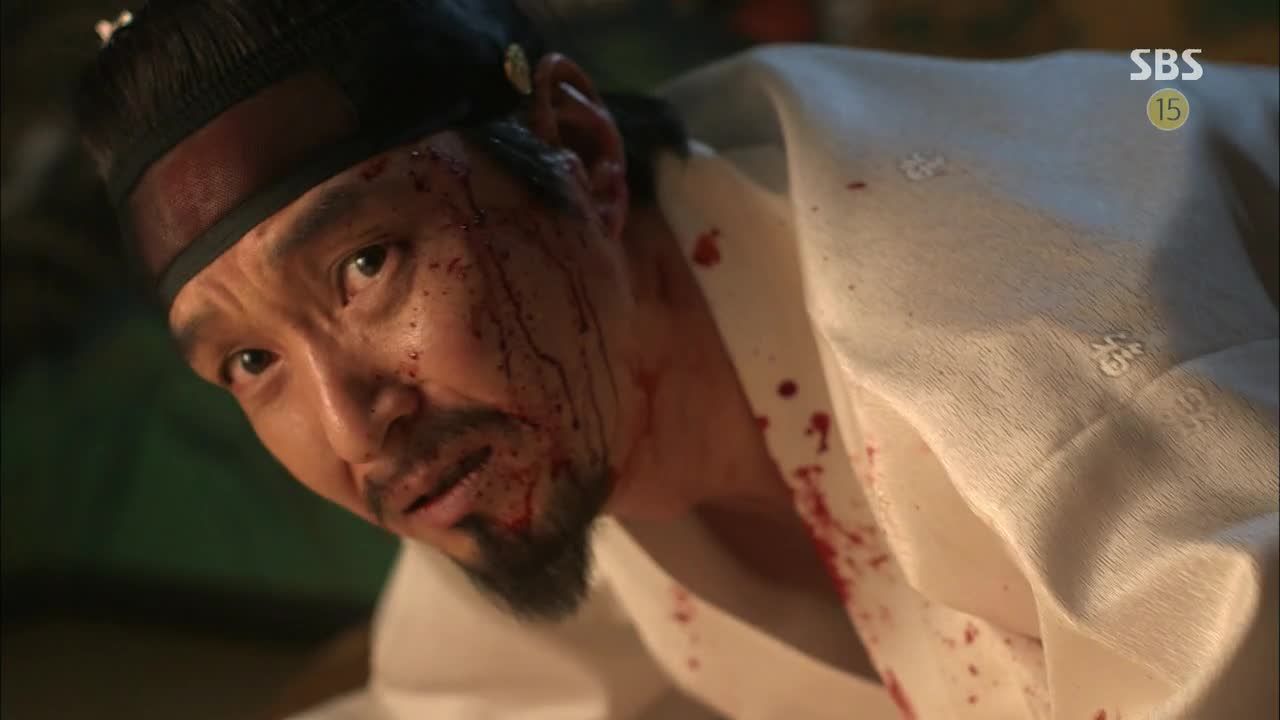
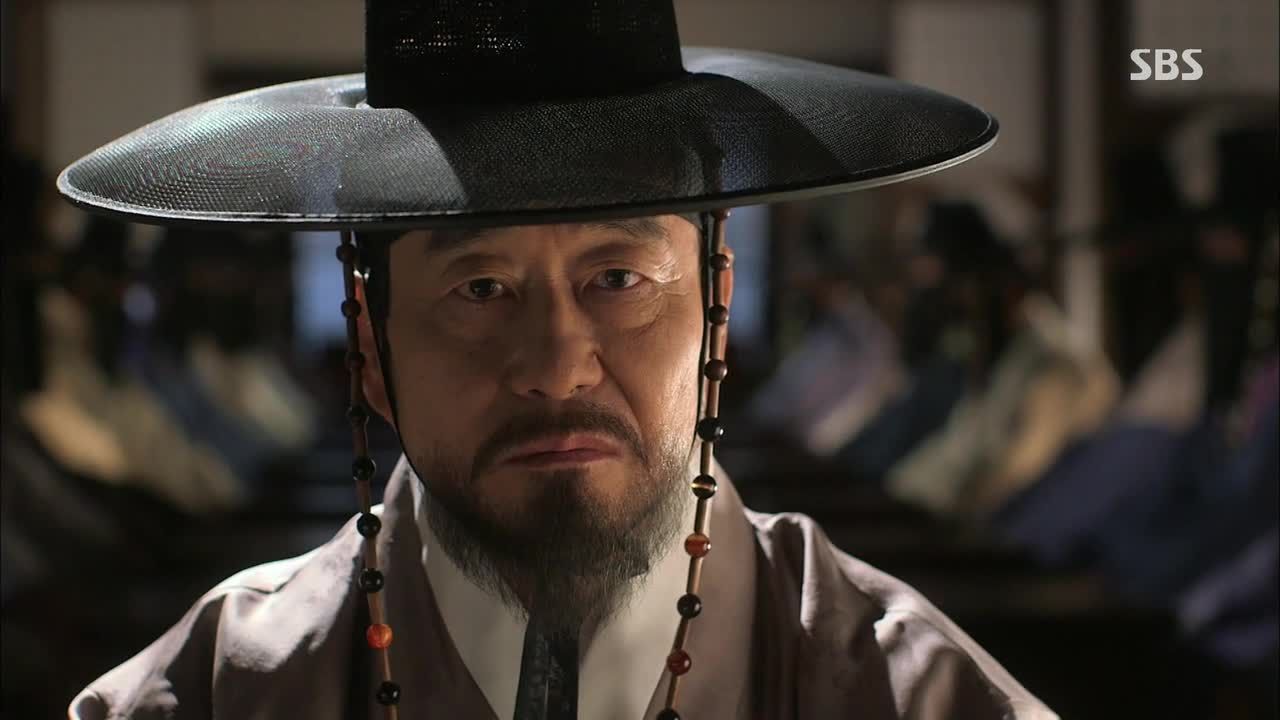
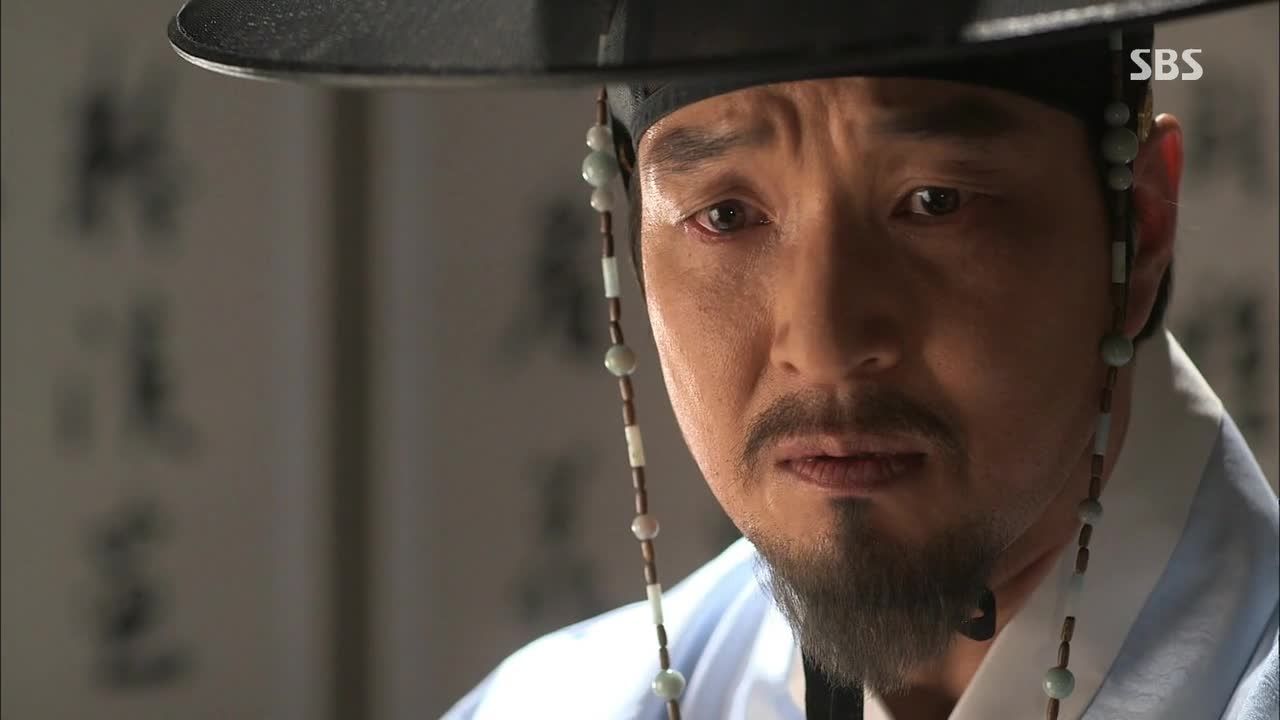
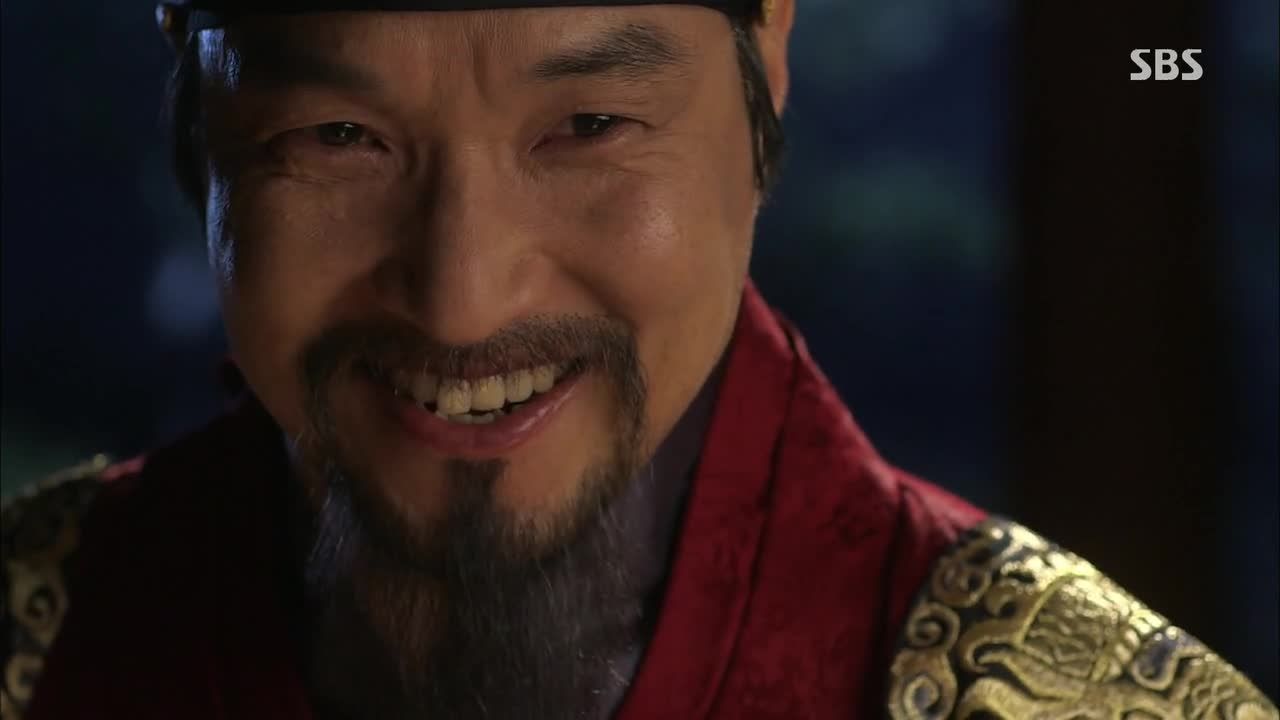
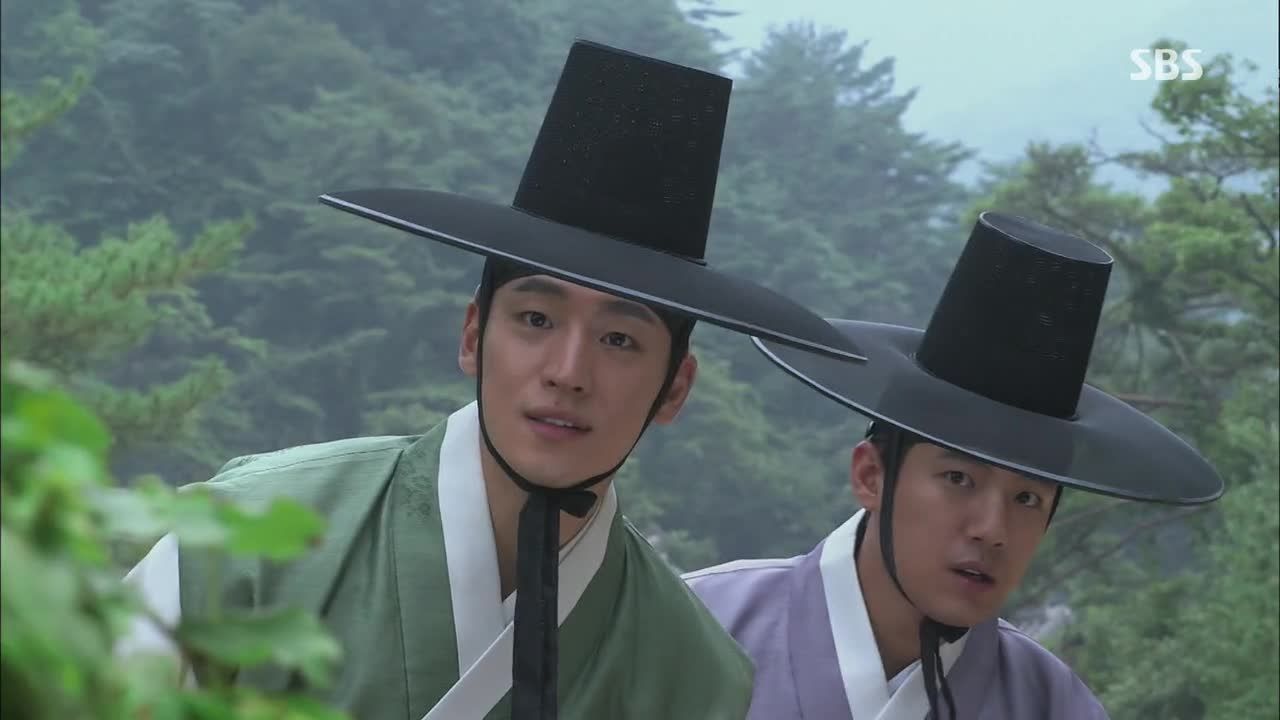
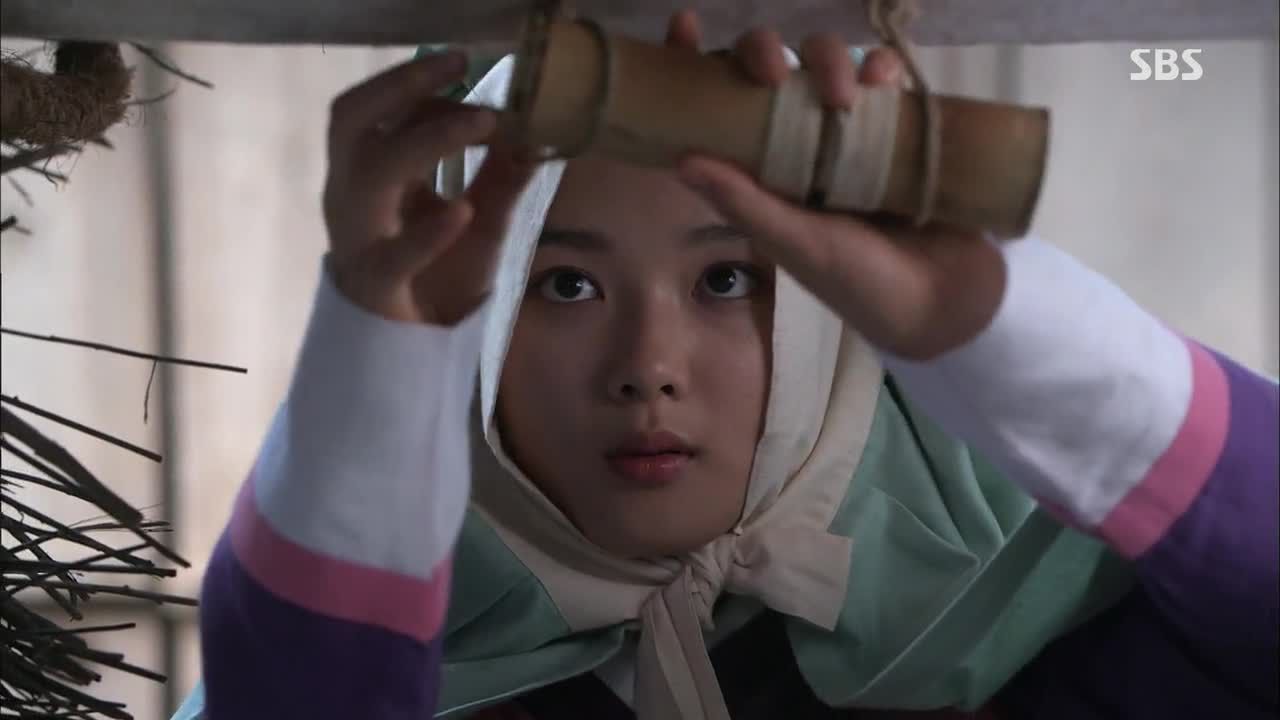
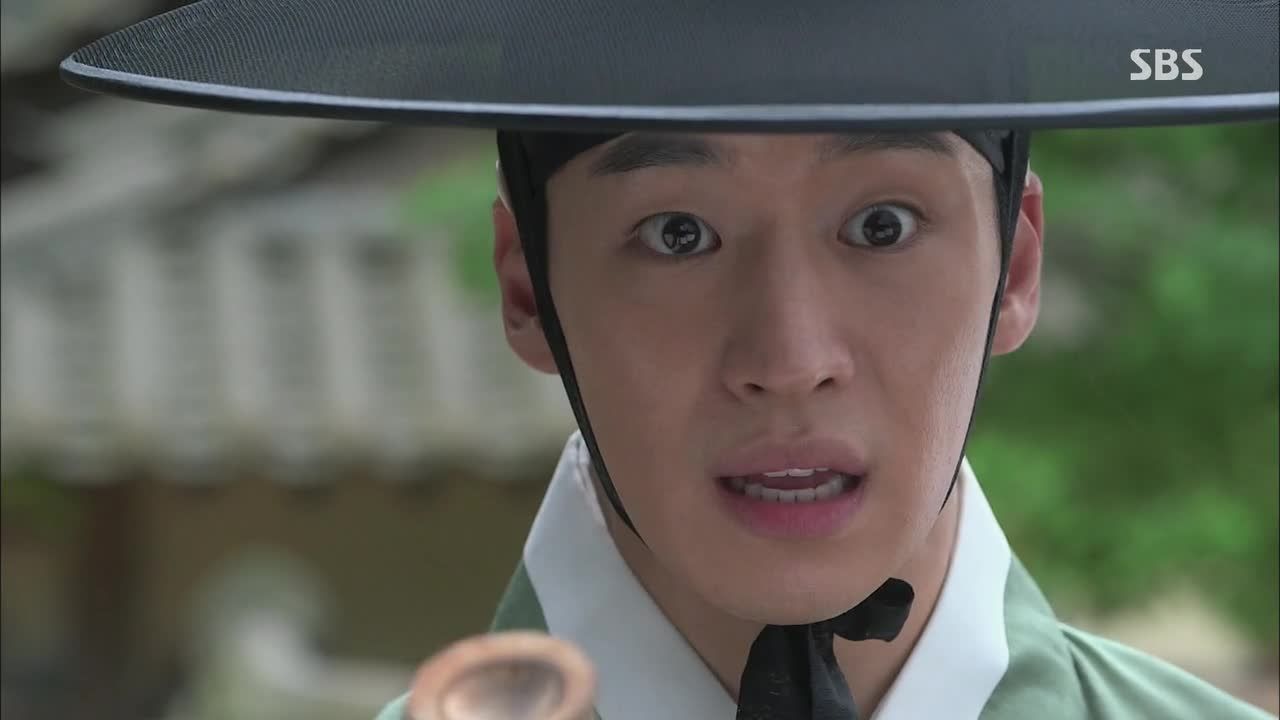
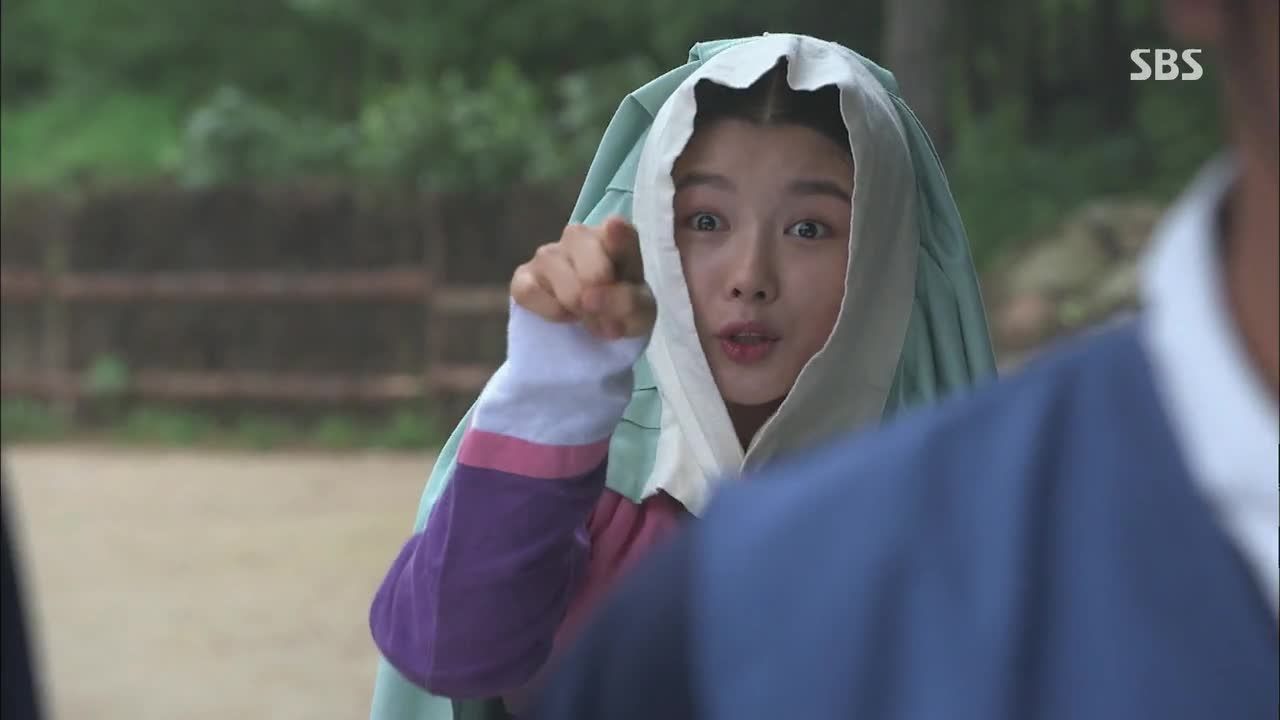
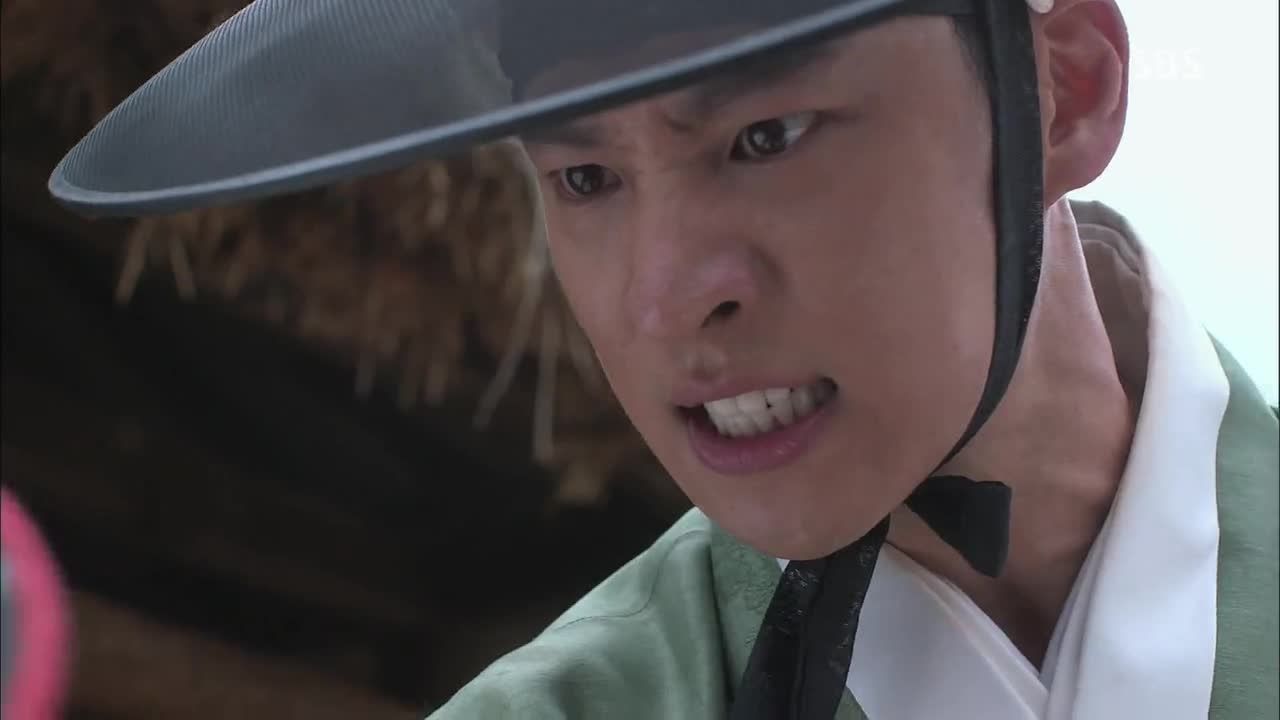

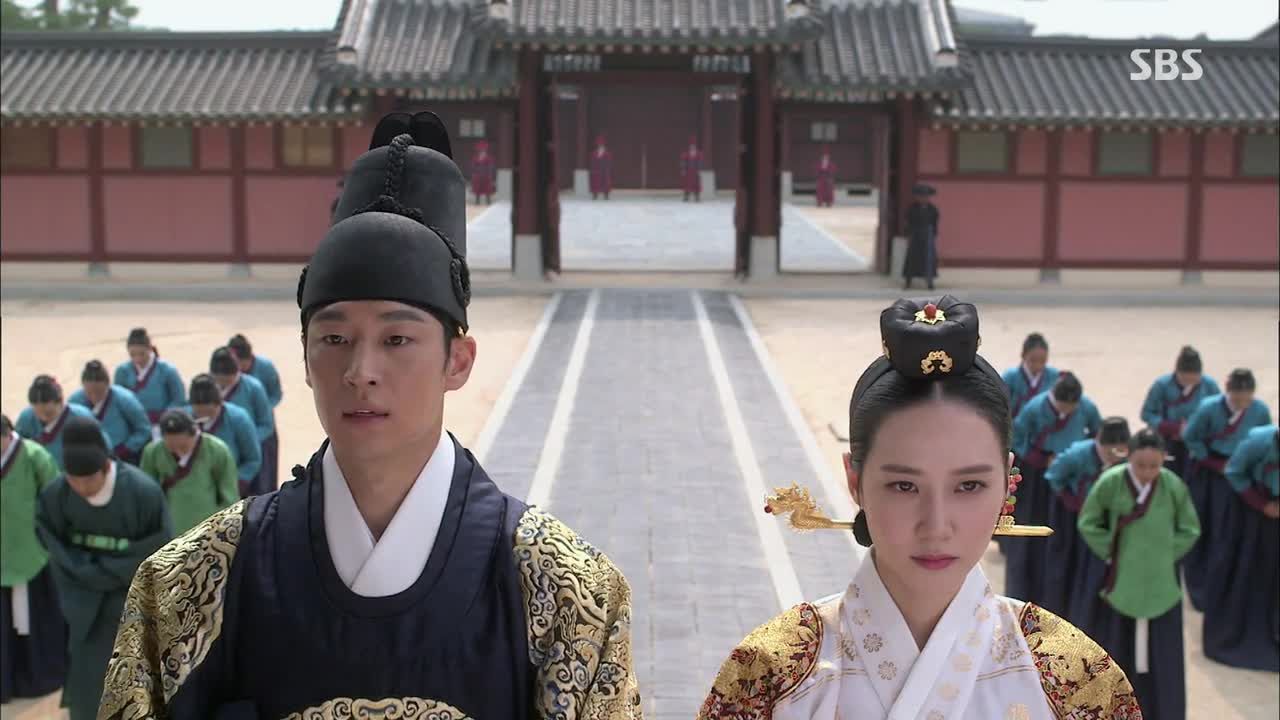
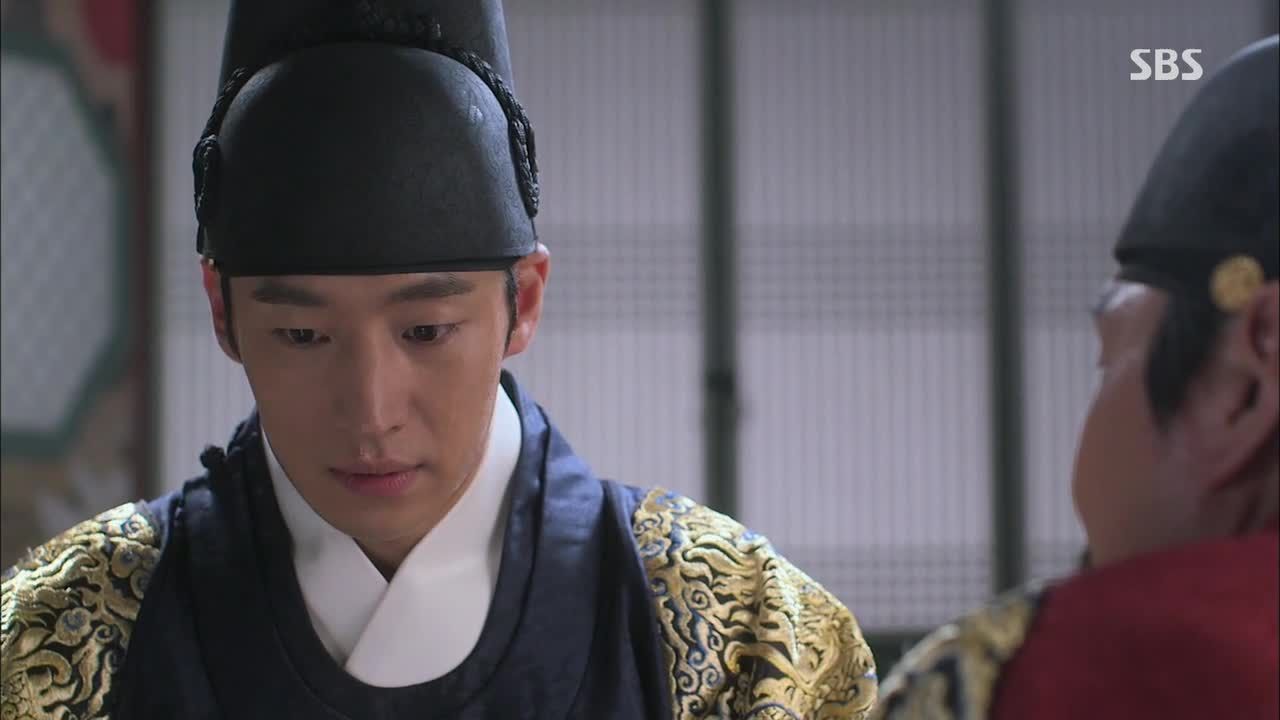
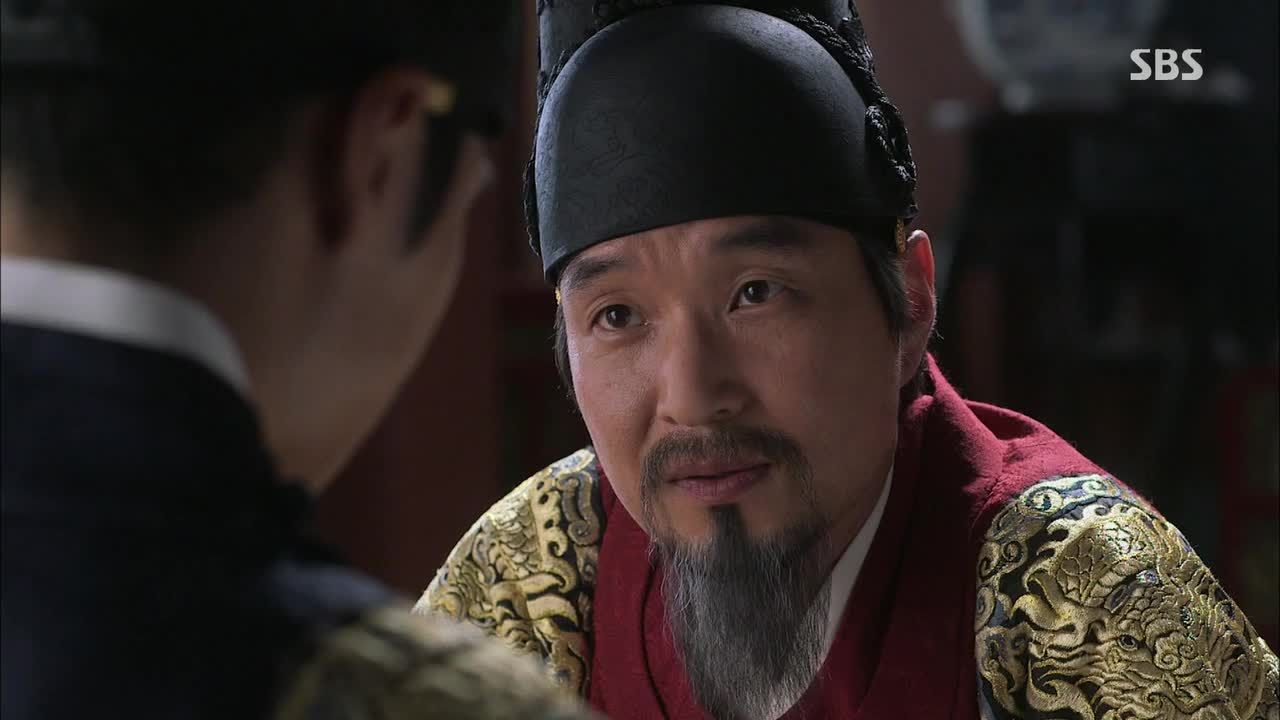
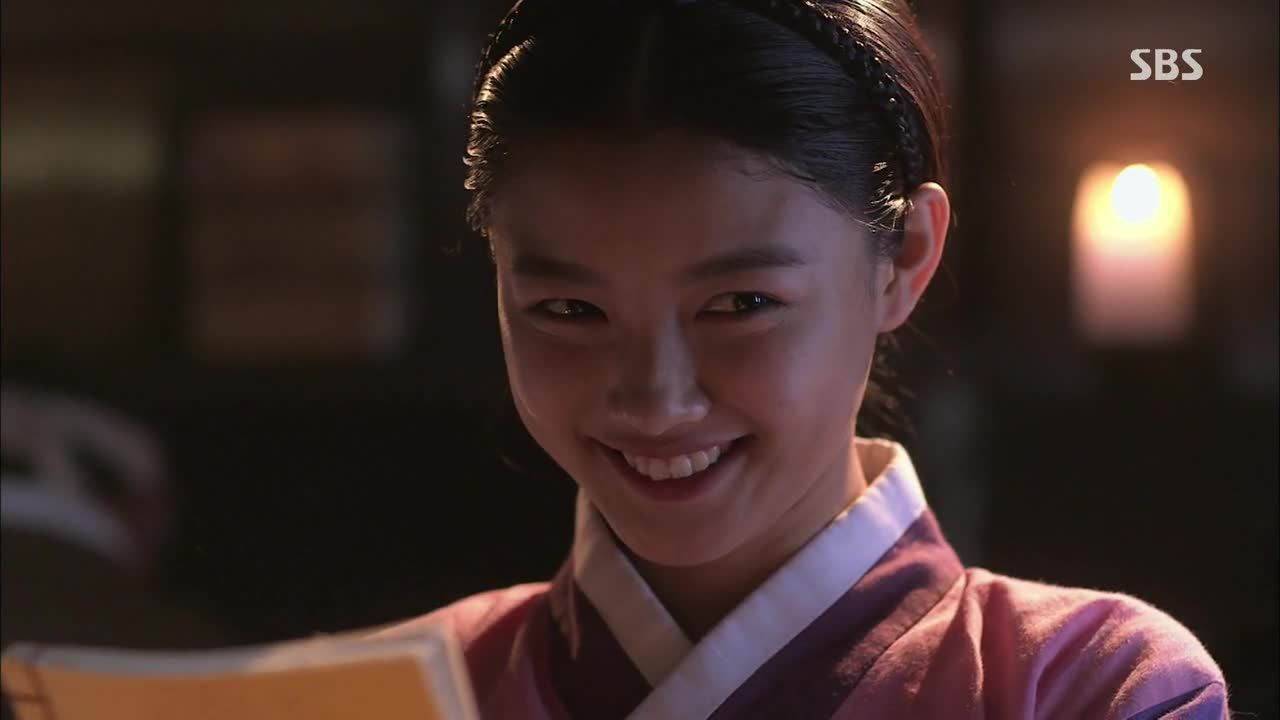
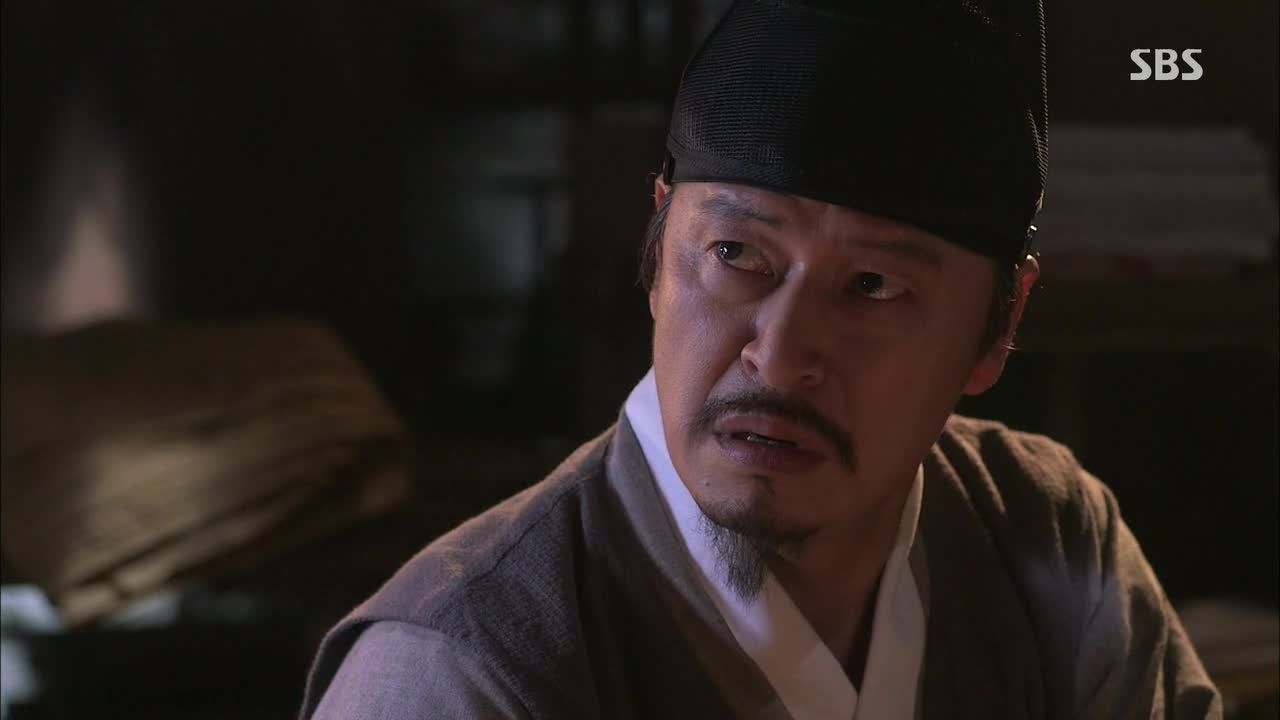
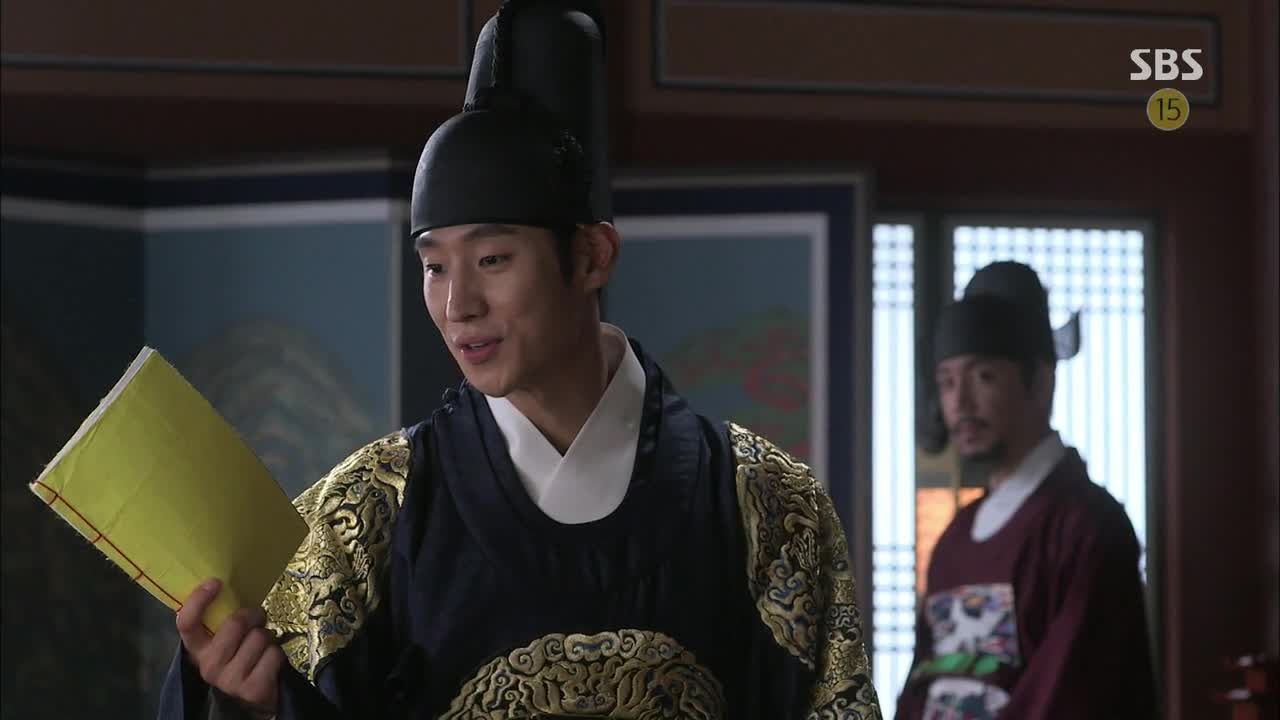
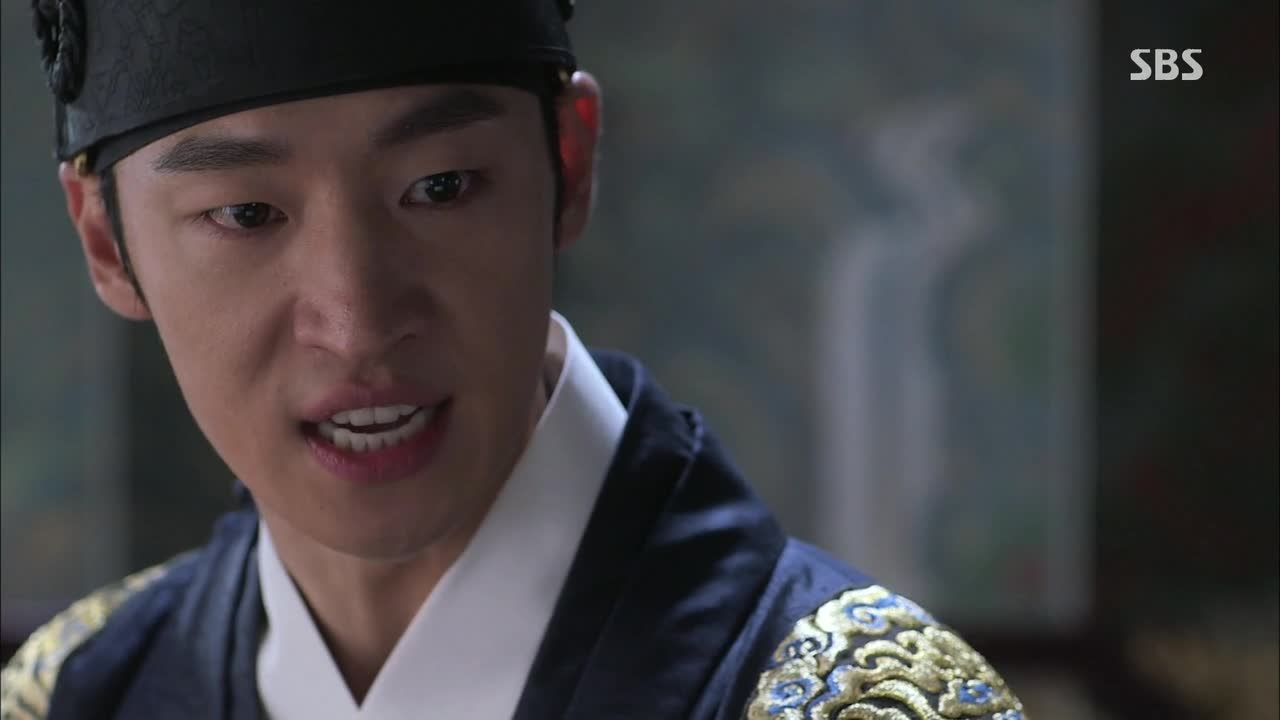
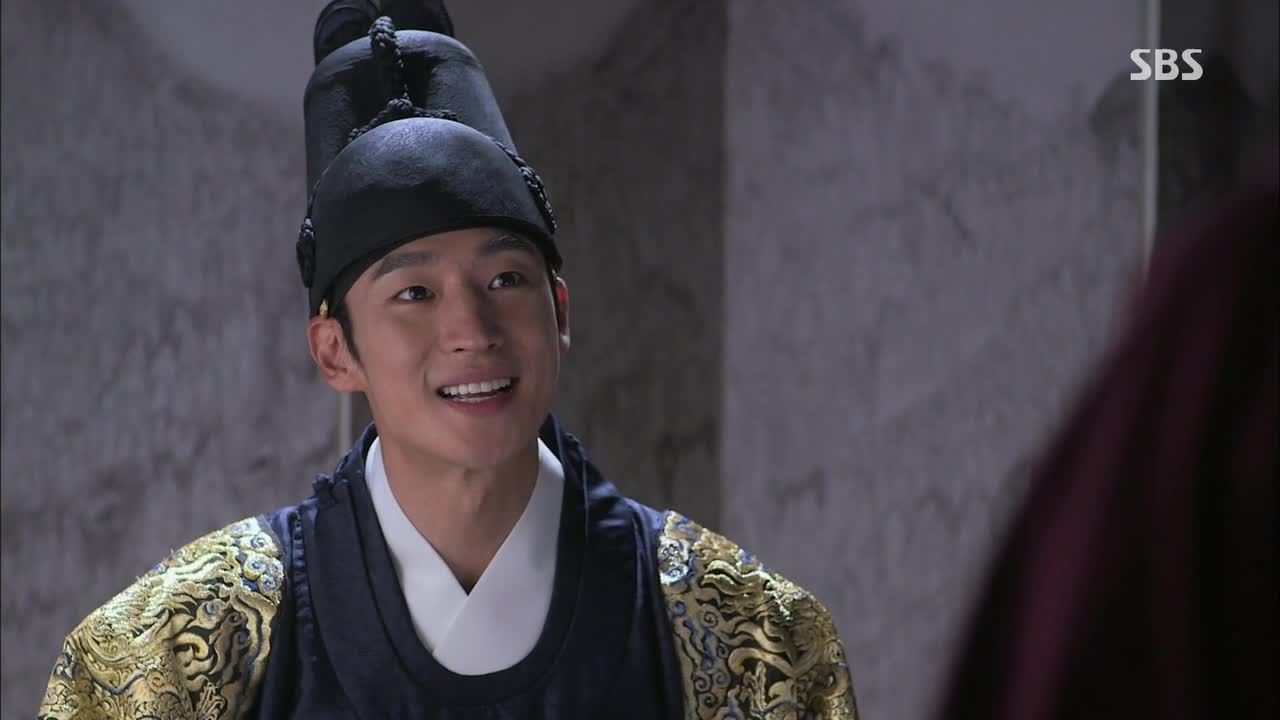

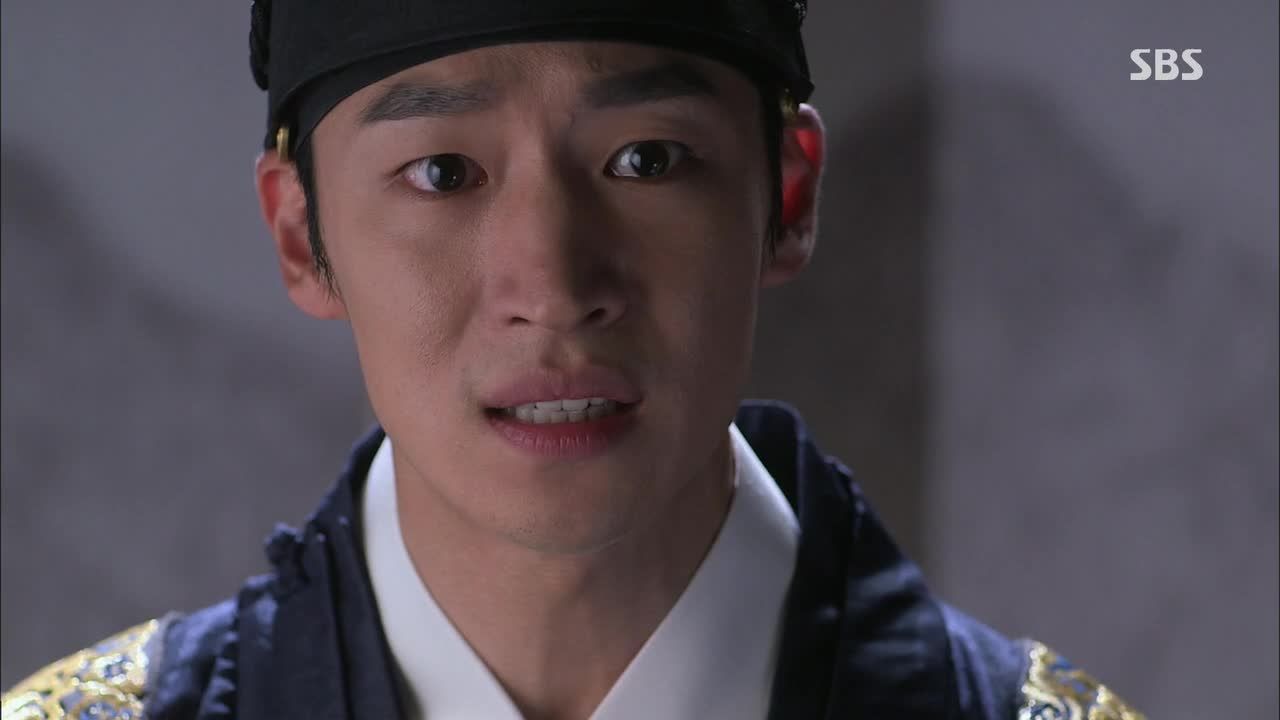
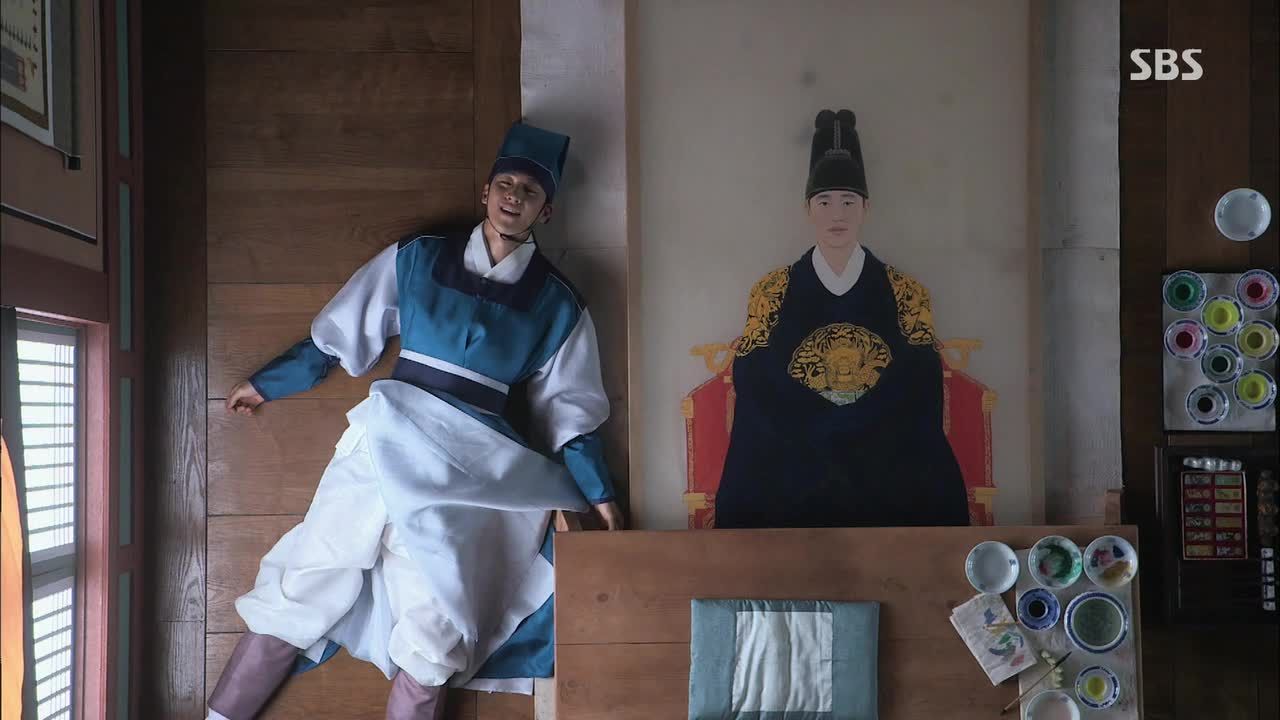

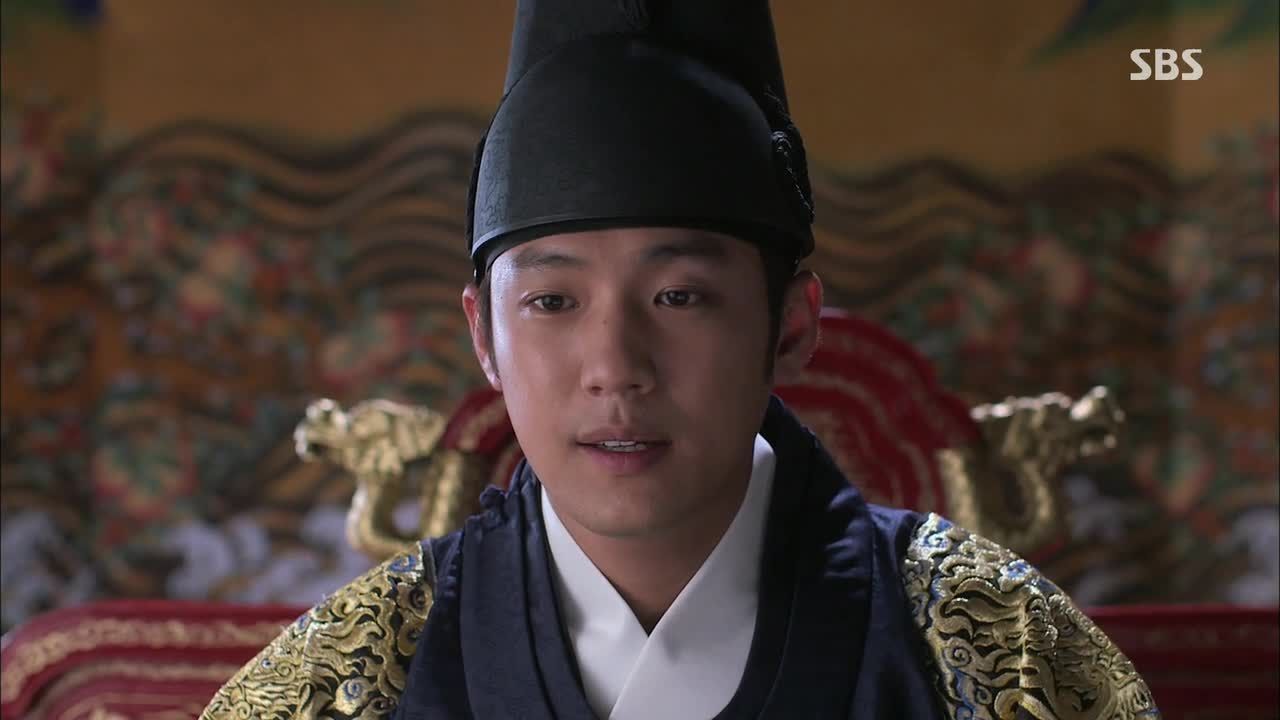
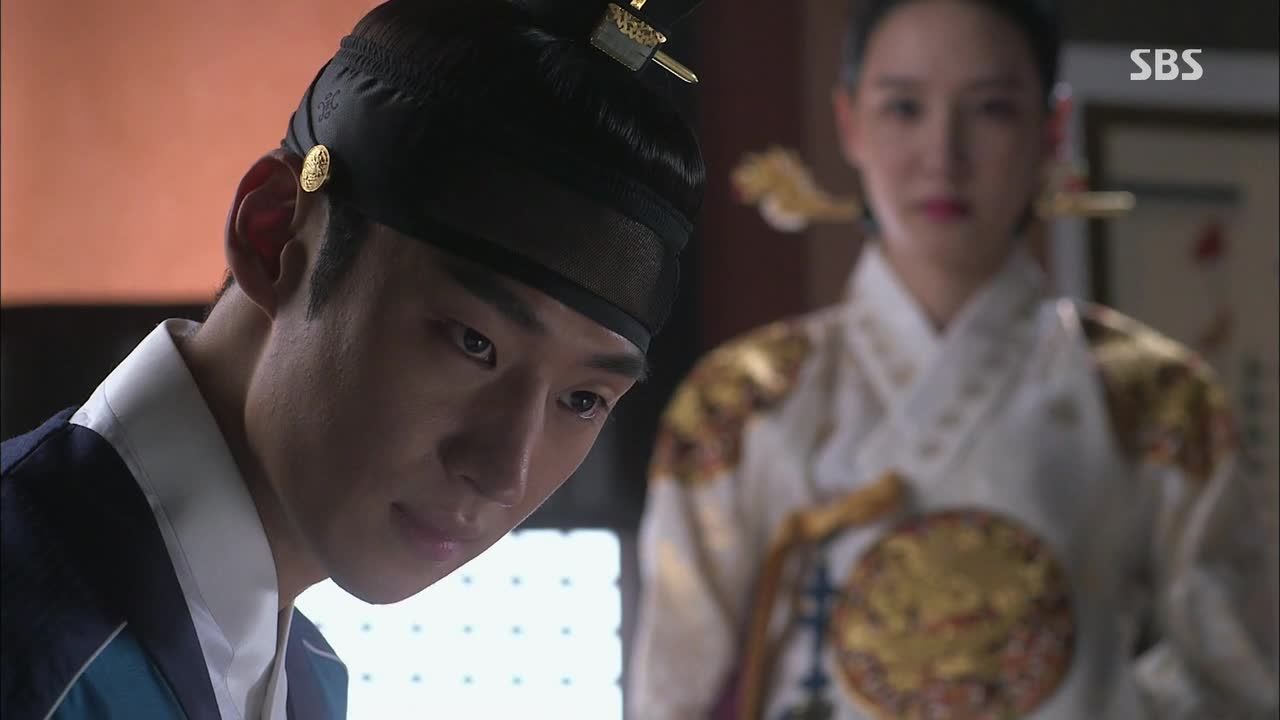
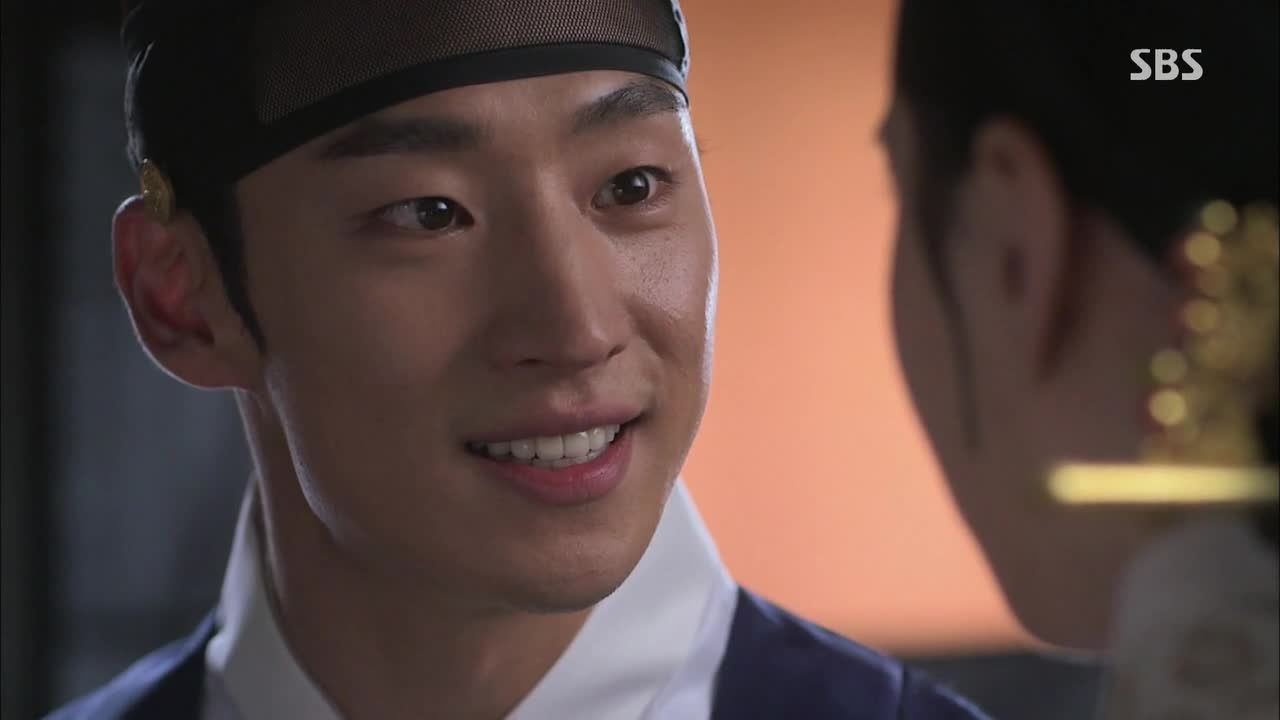
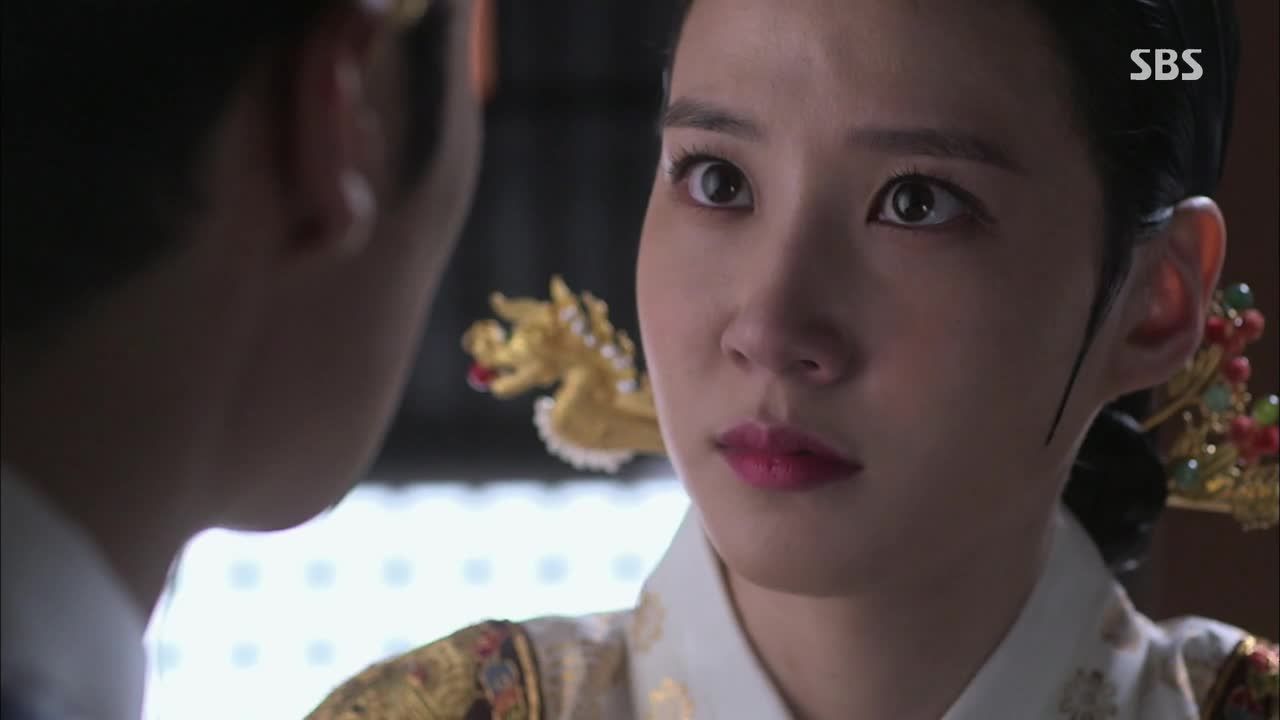
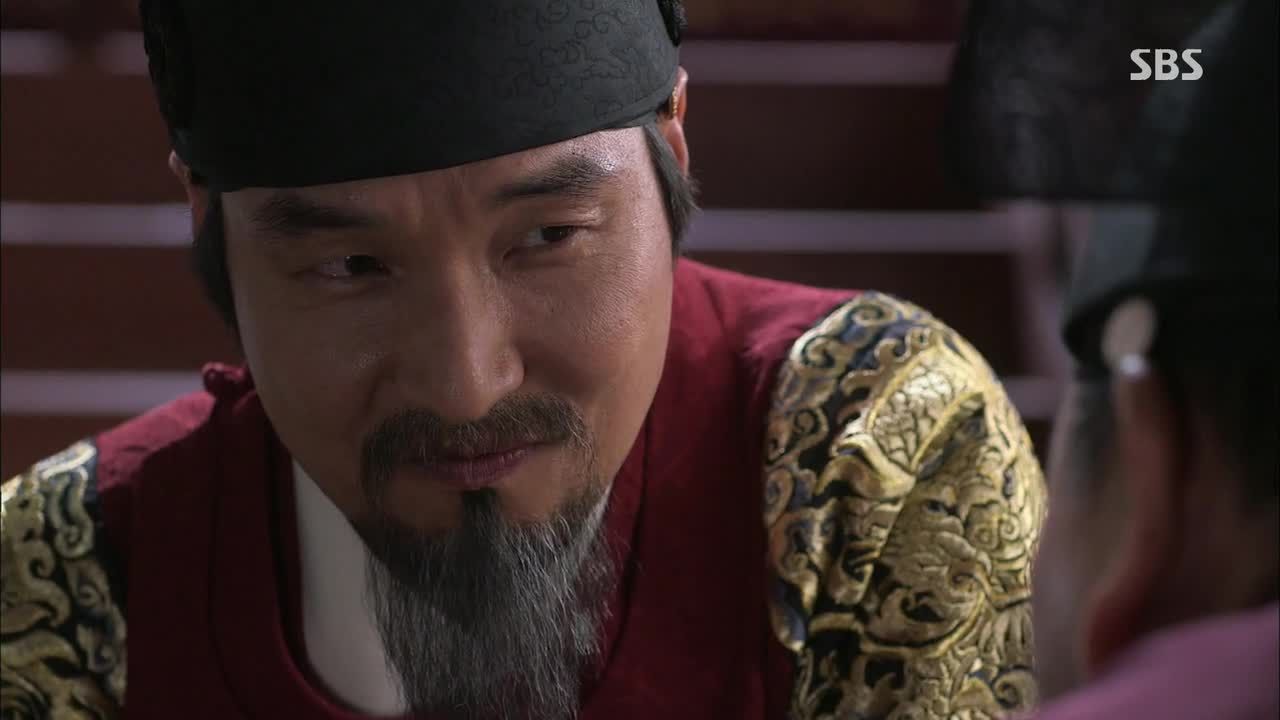
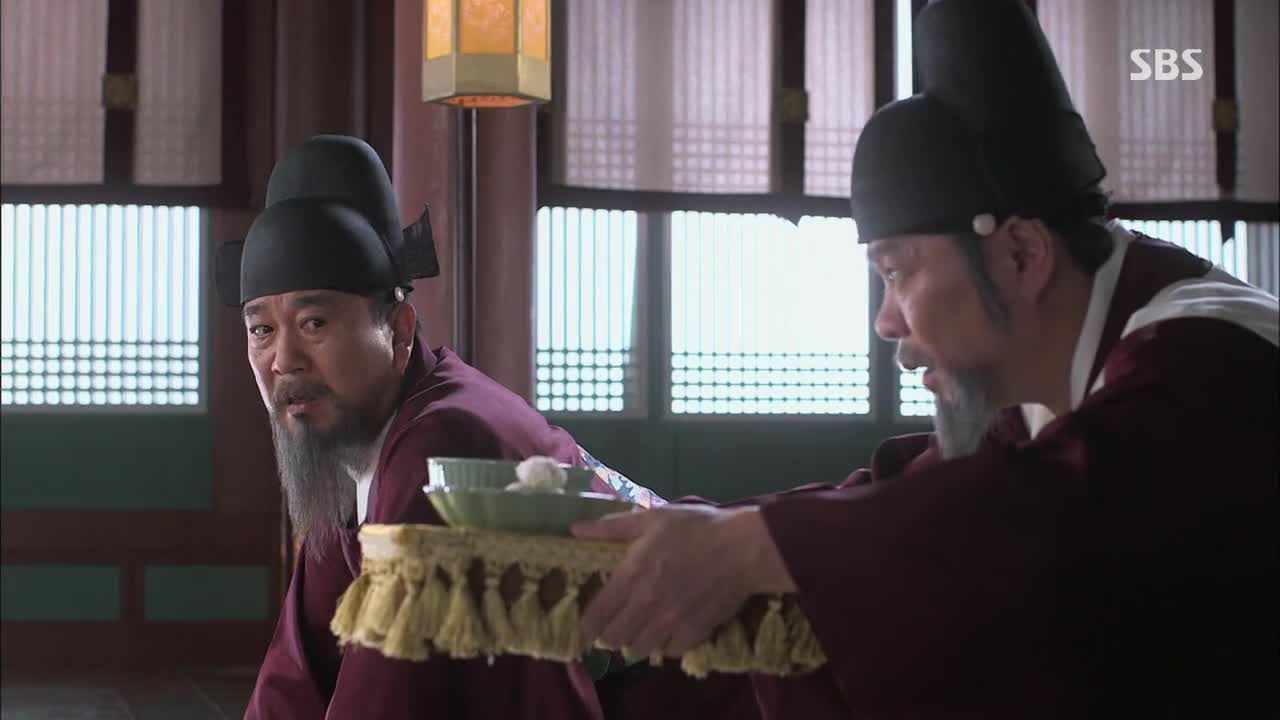
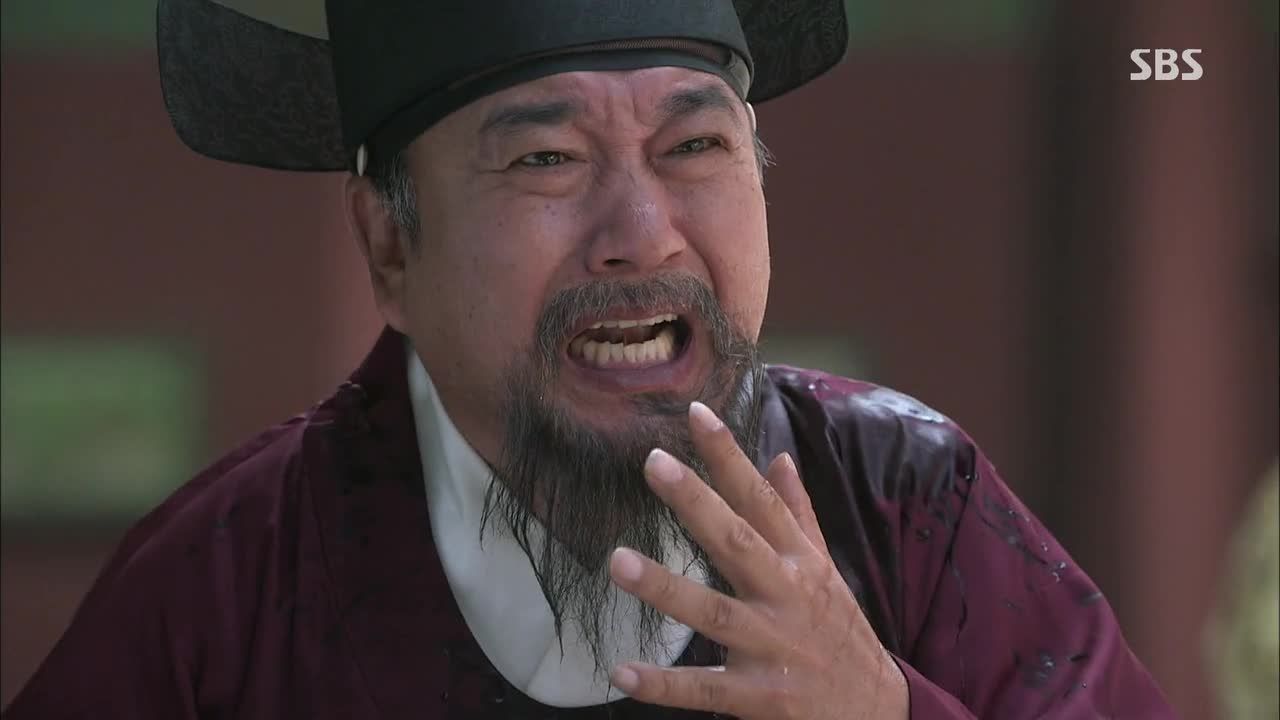
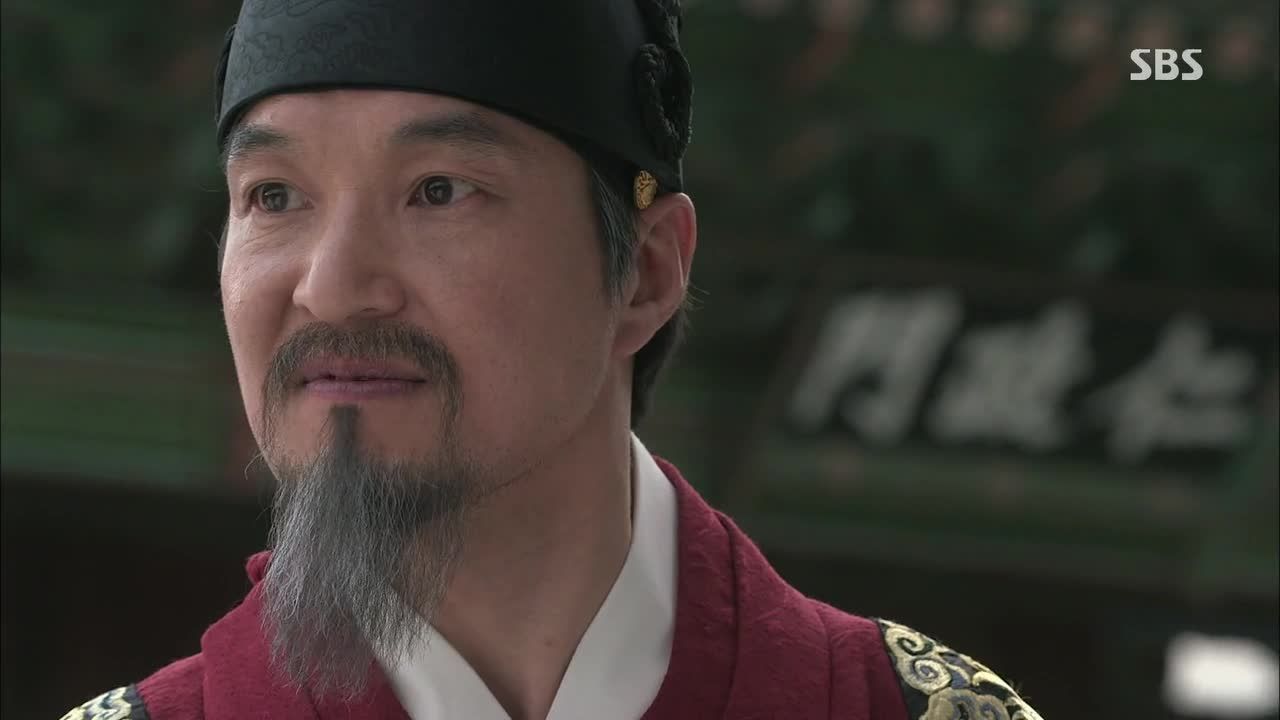
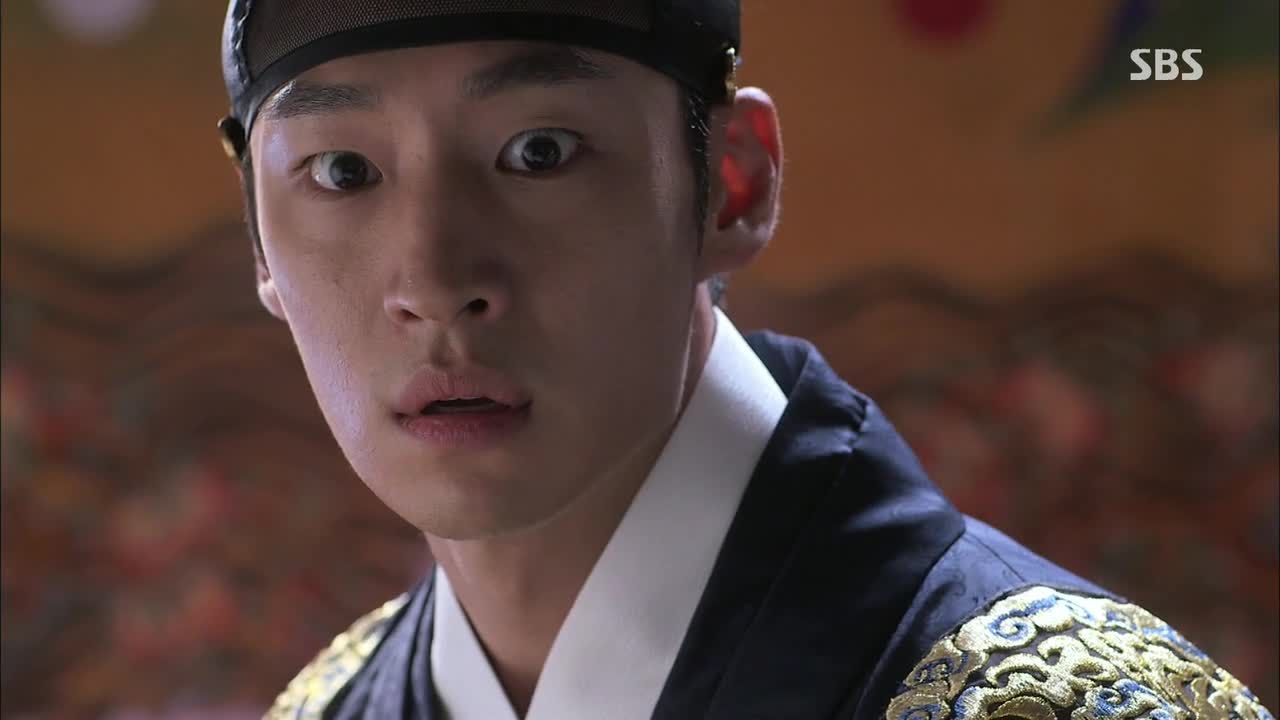
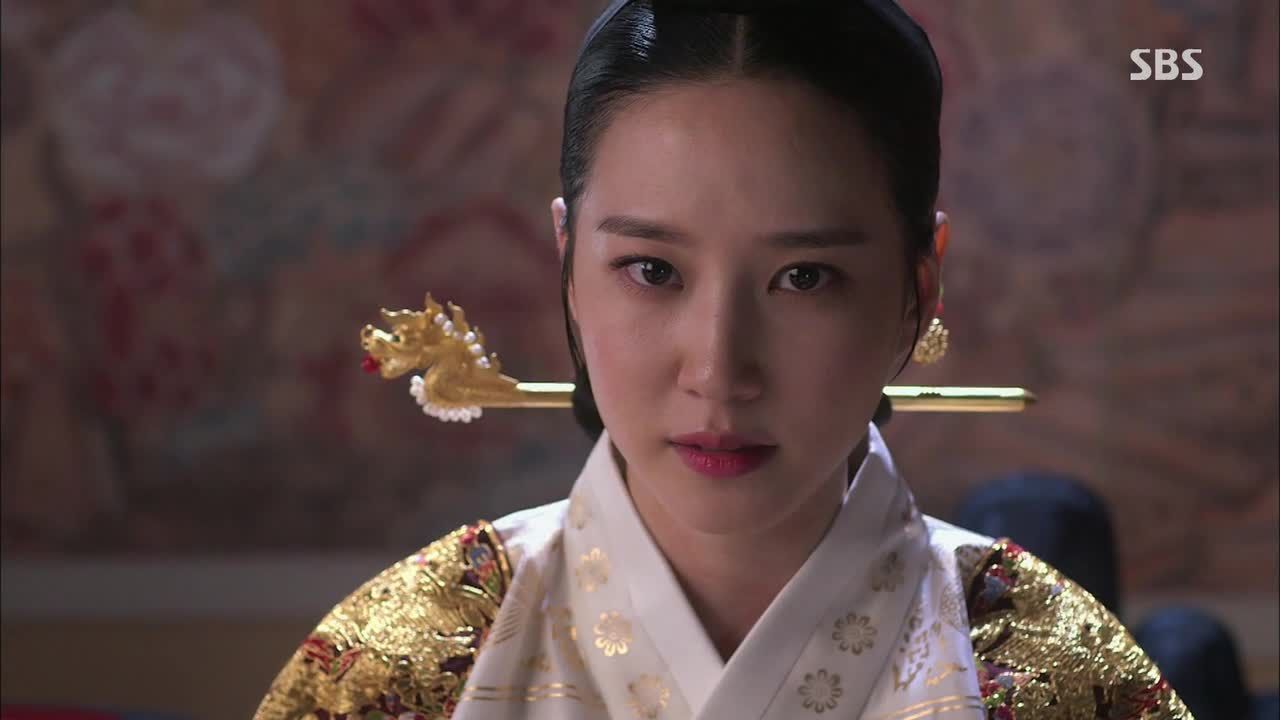
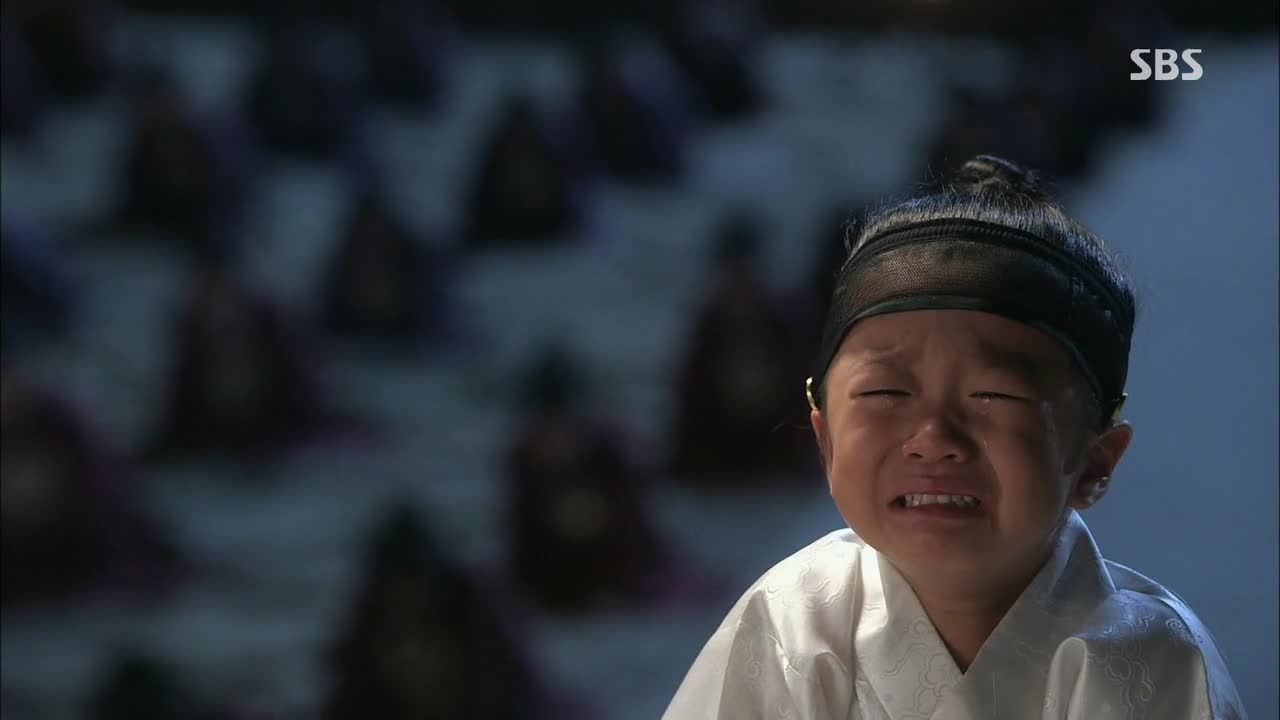
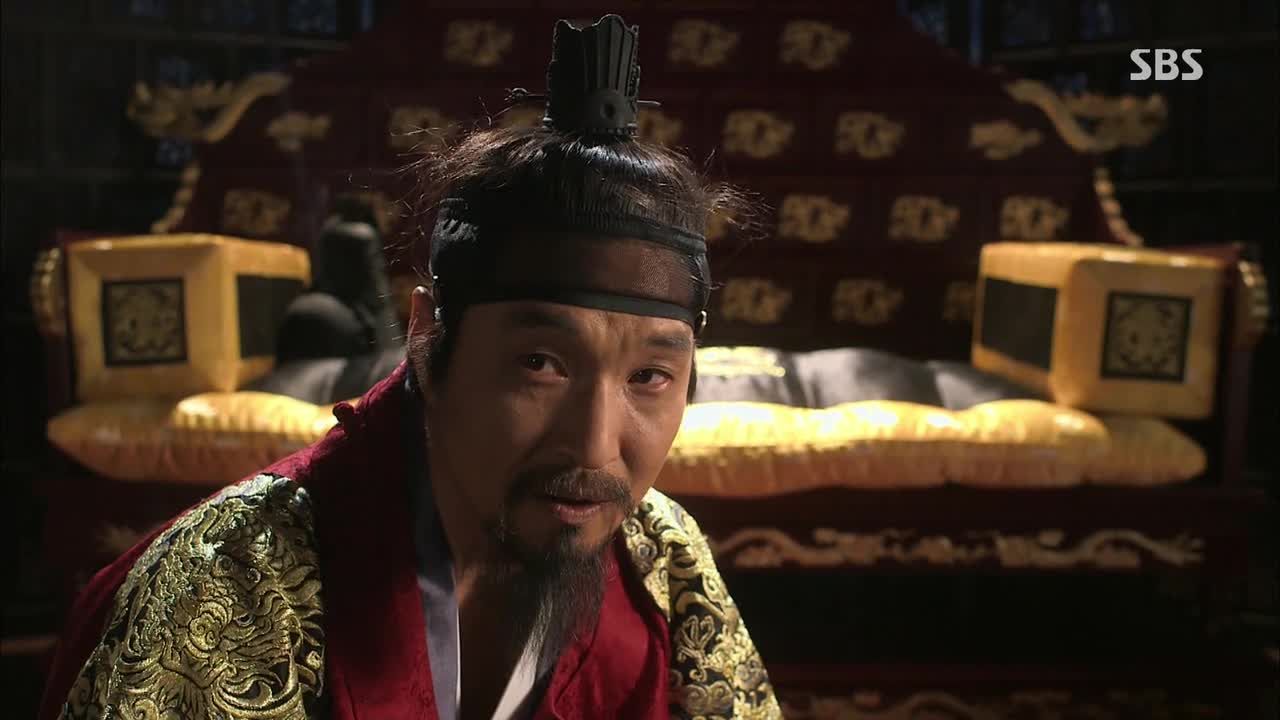
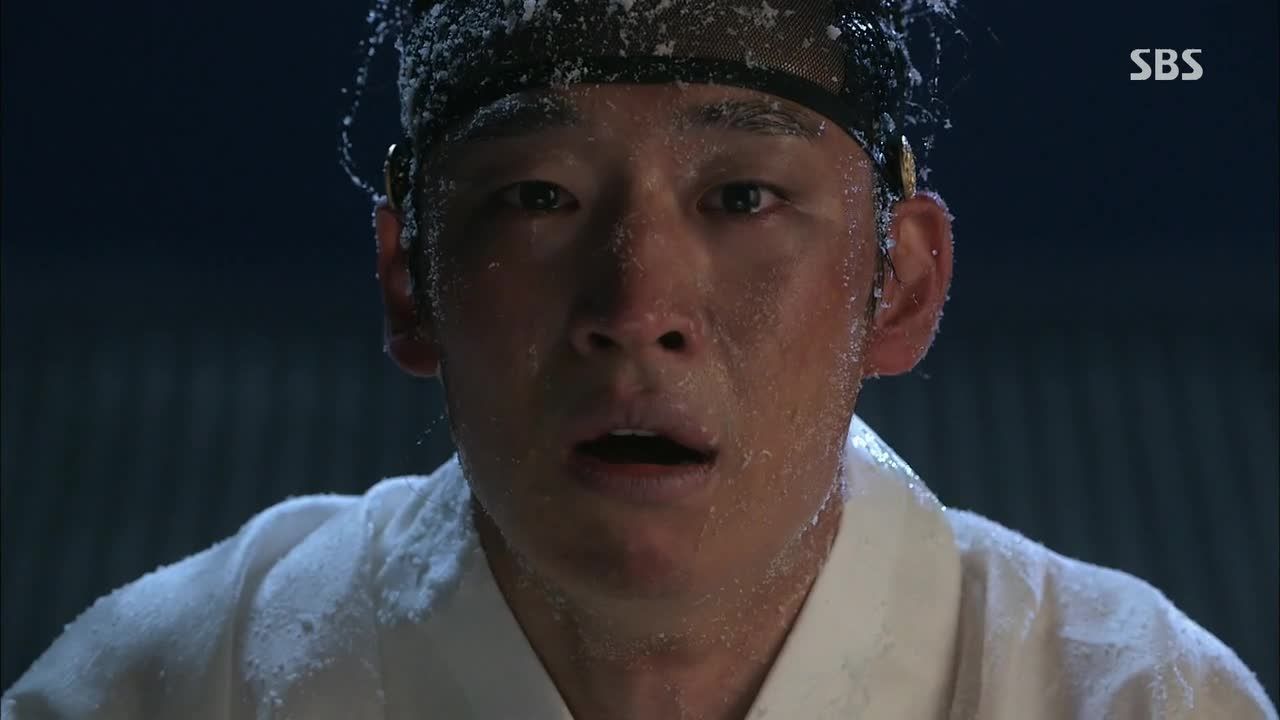
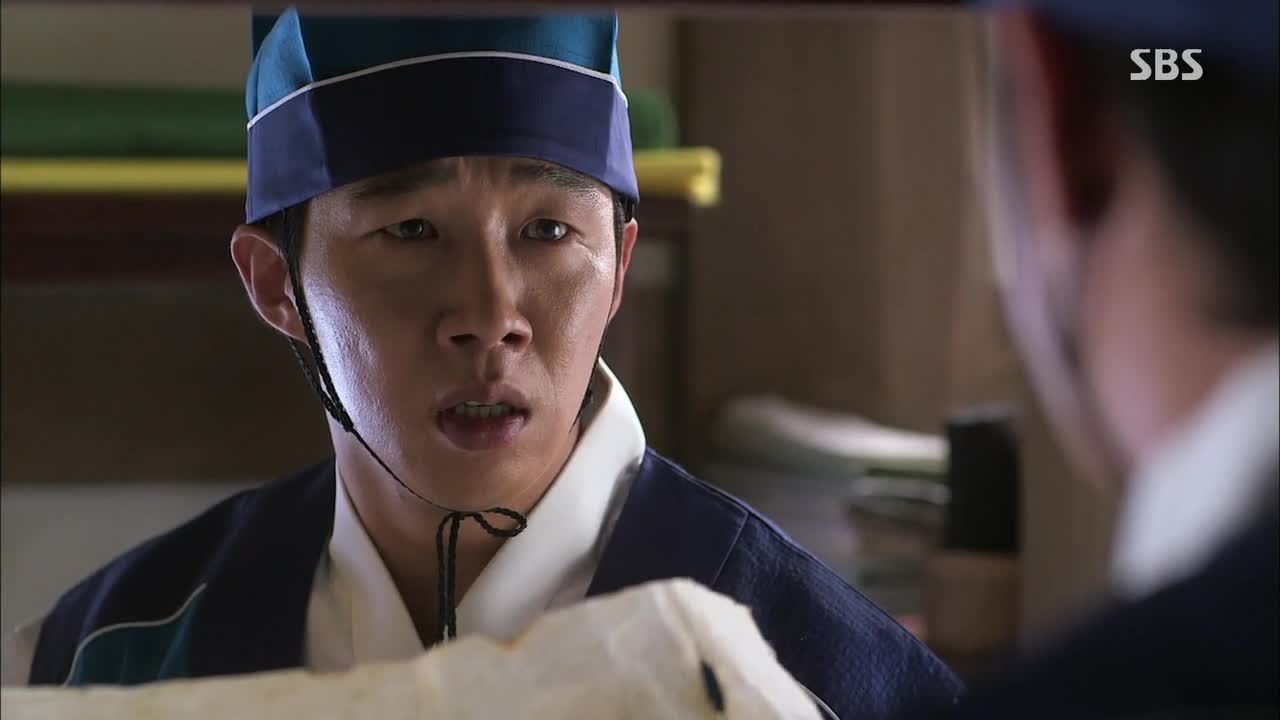
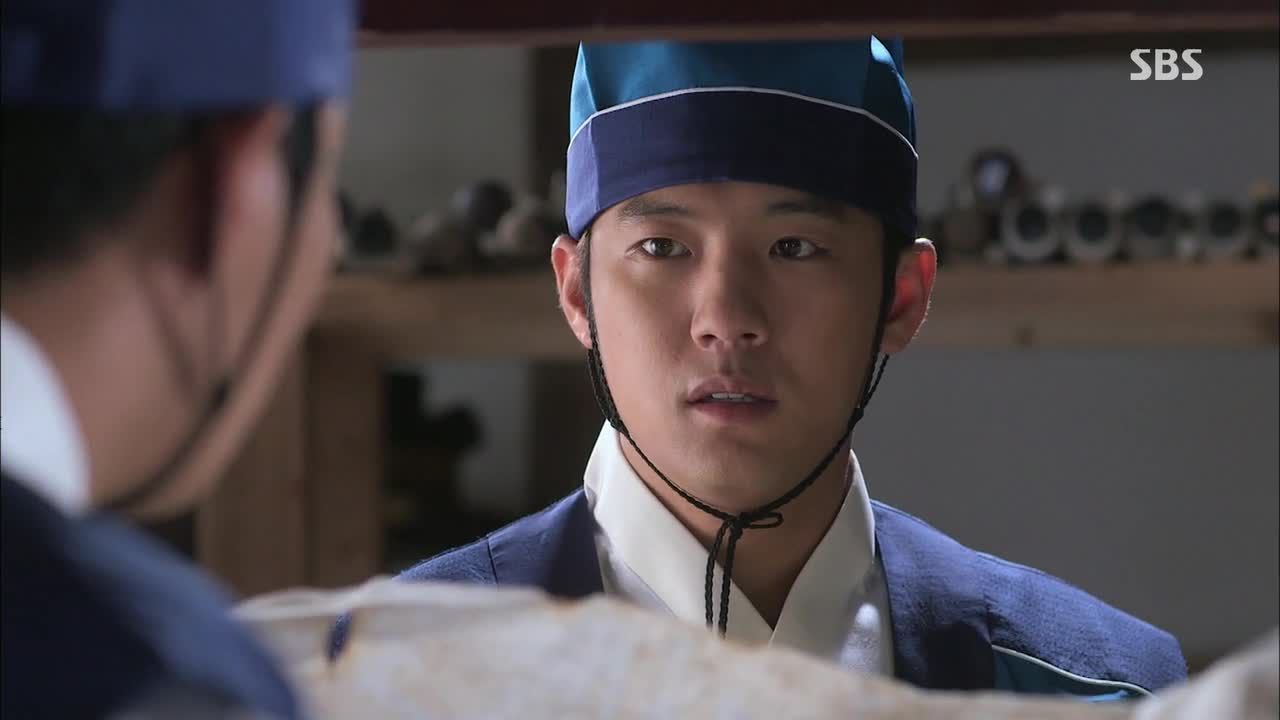
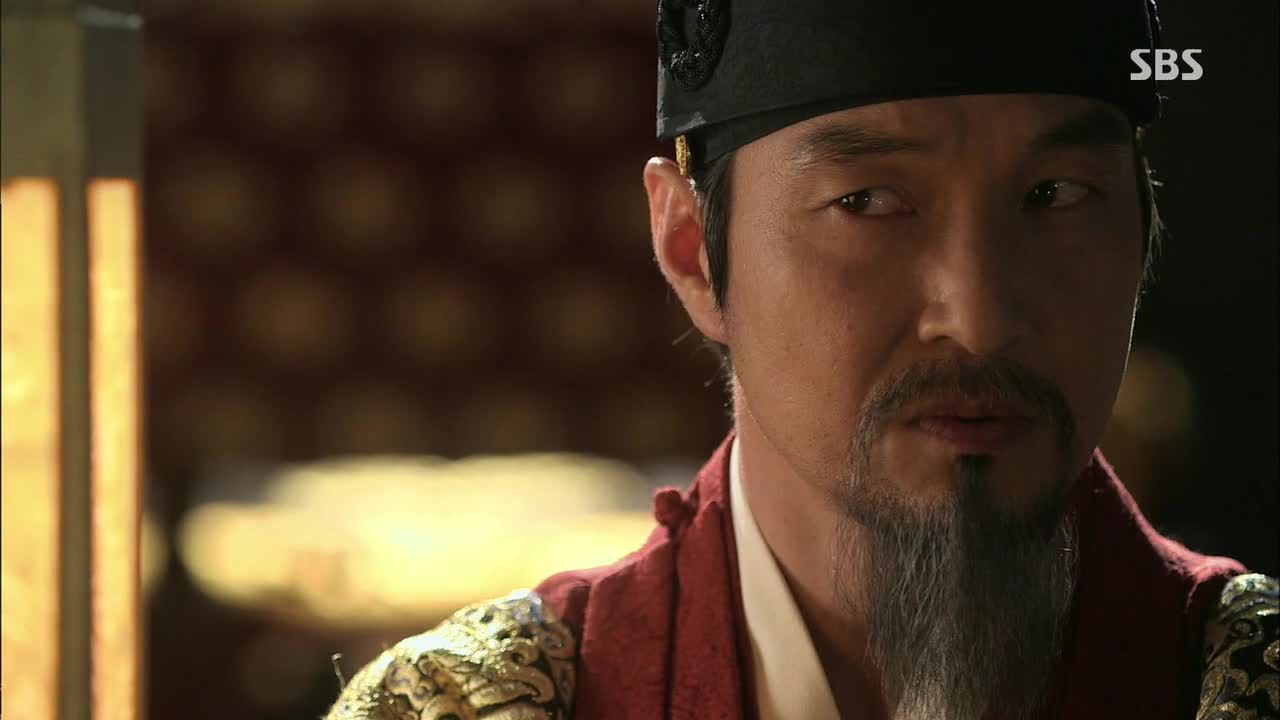
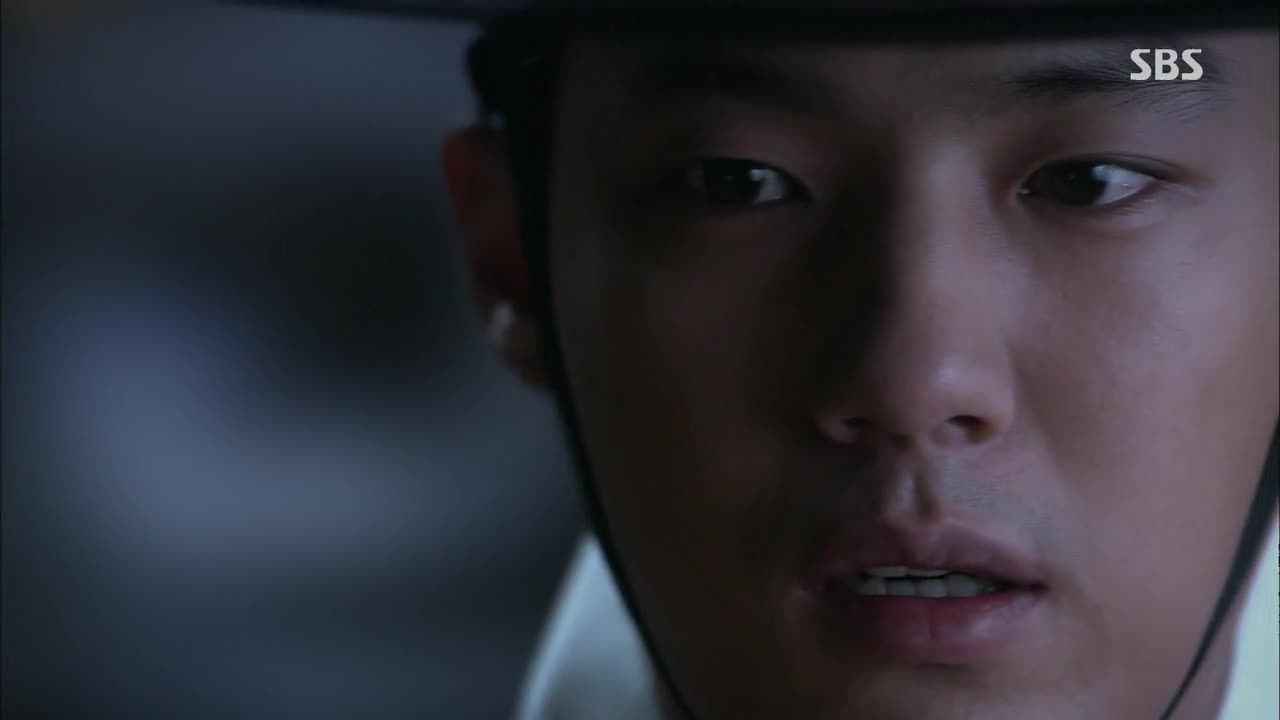
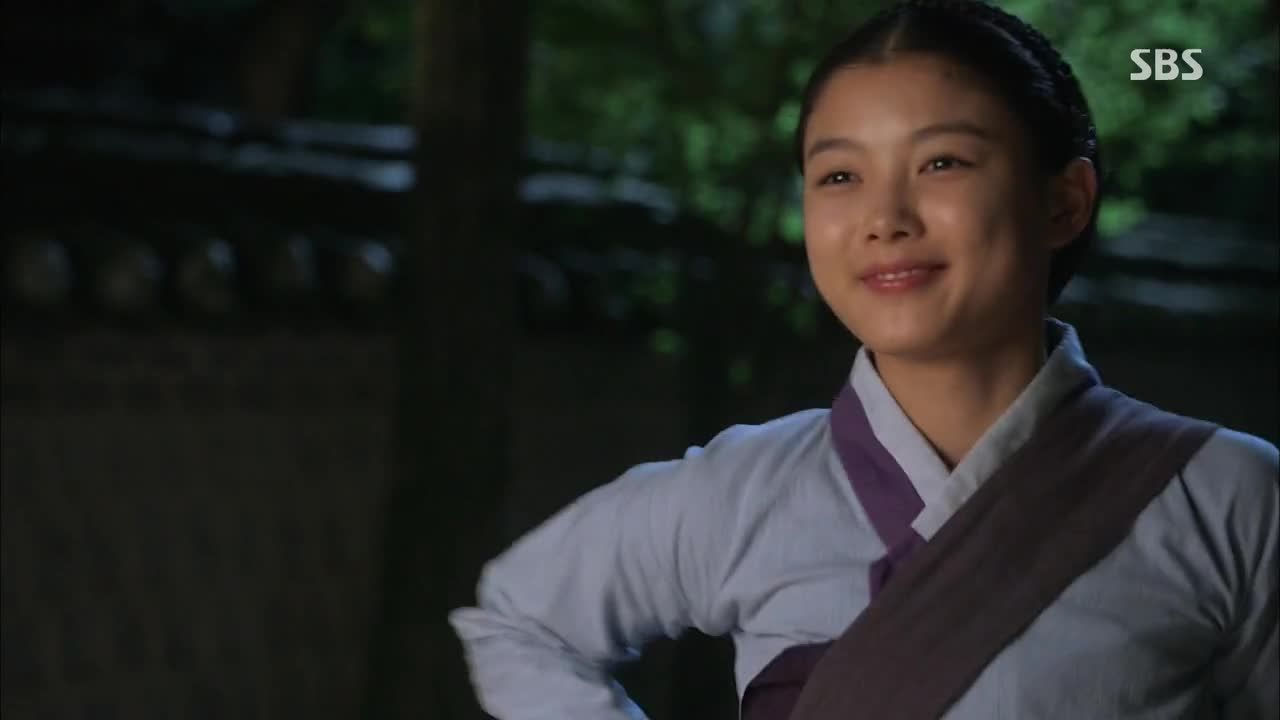
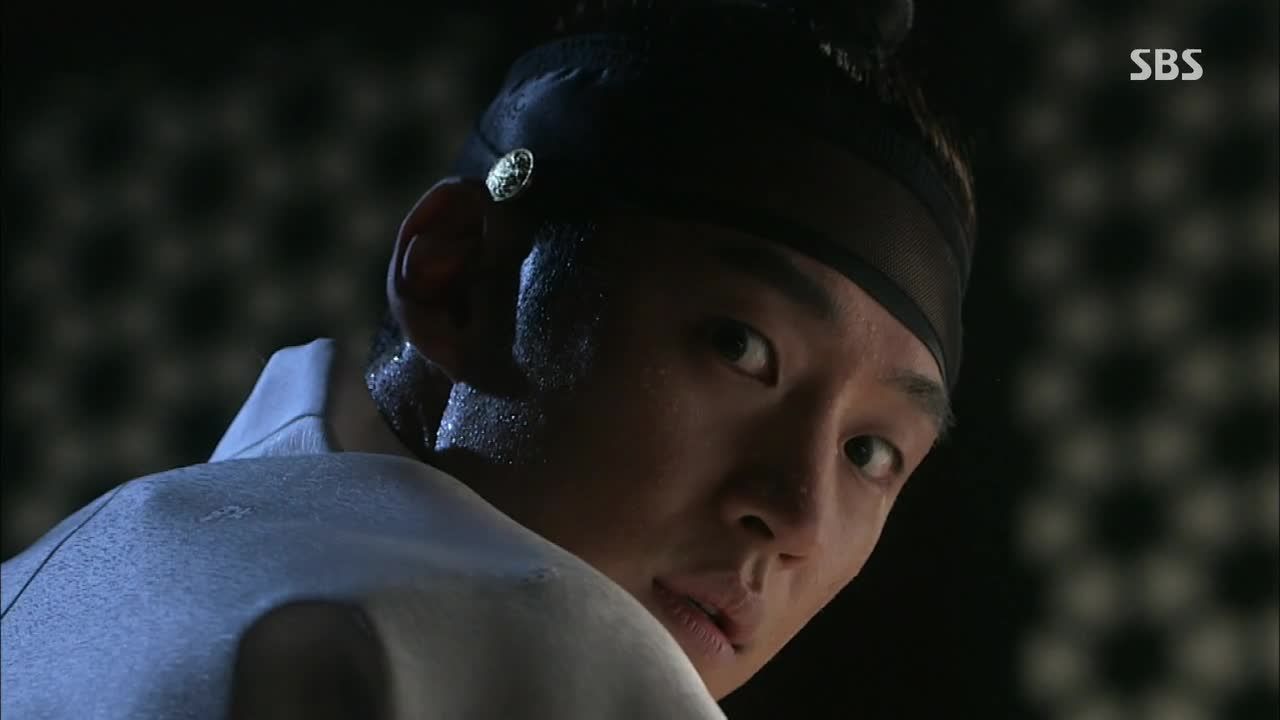
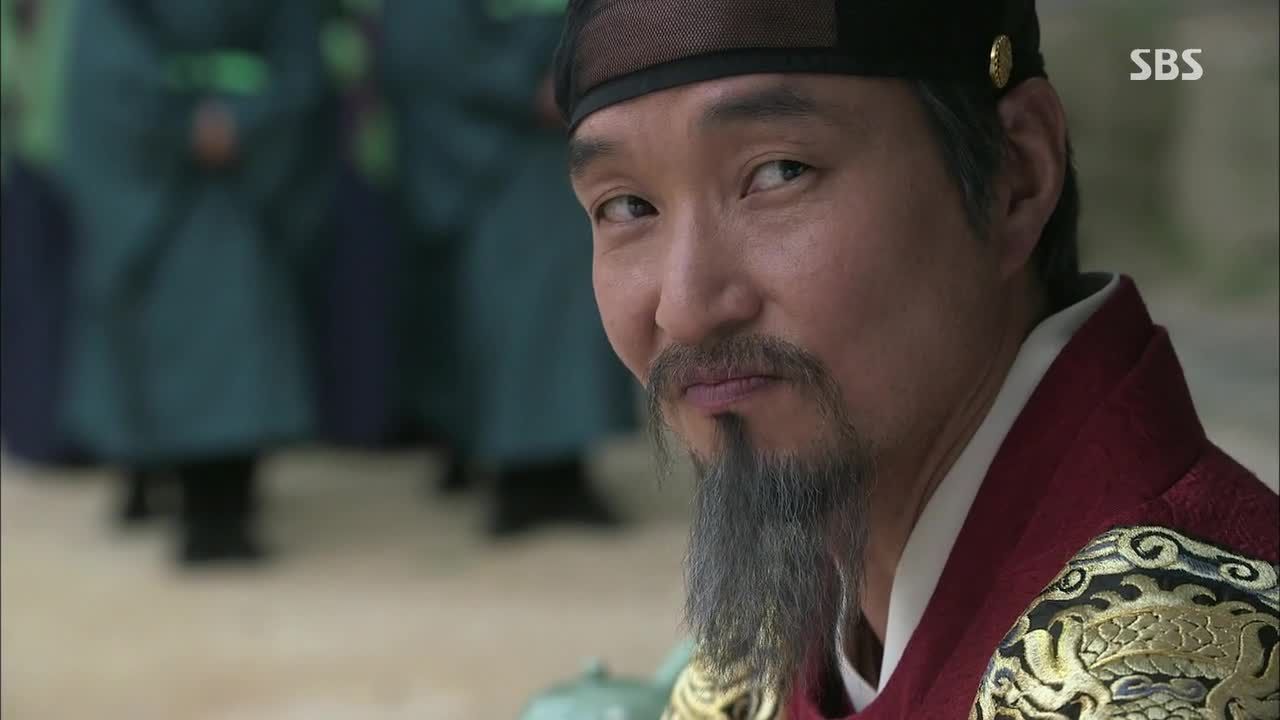
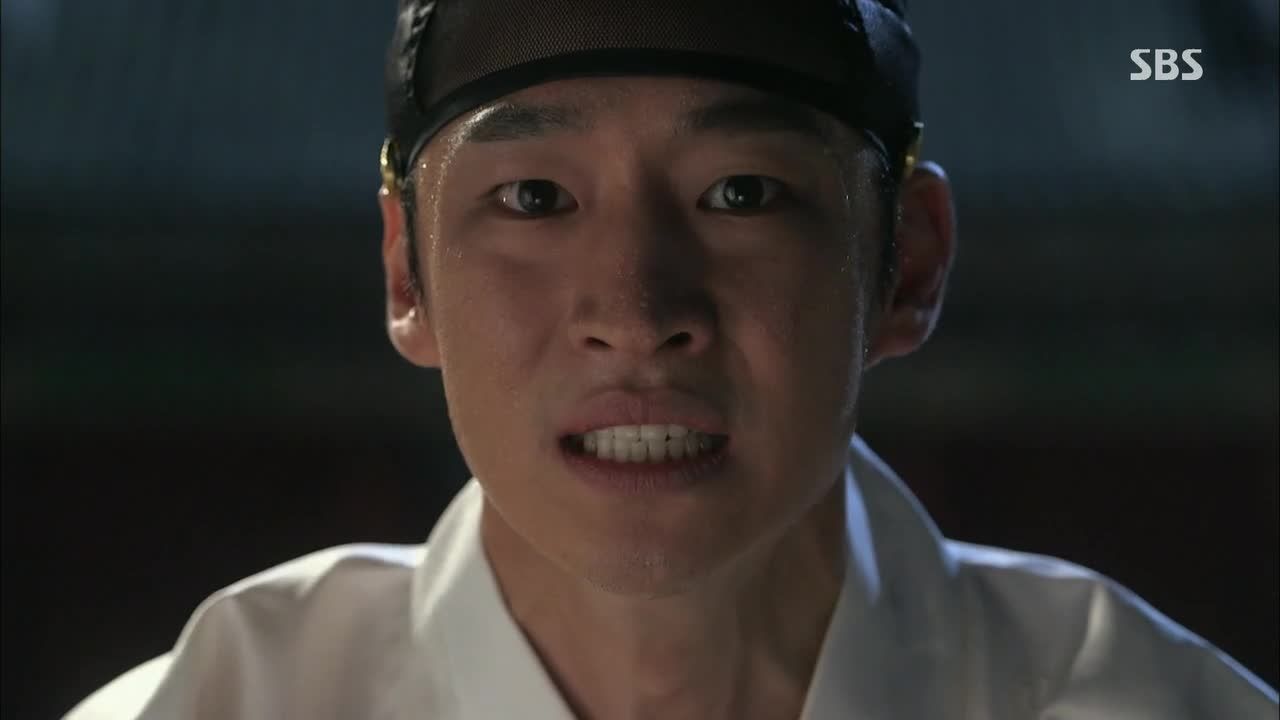
 Interview with Kim Yoo-jung
Interview with Kim Yoo-jung Hello Dramabeans series
Hello Dramabeans series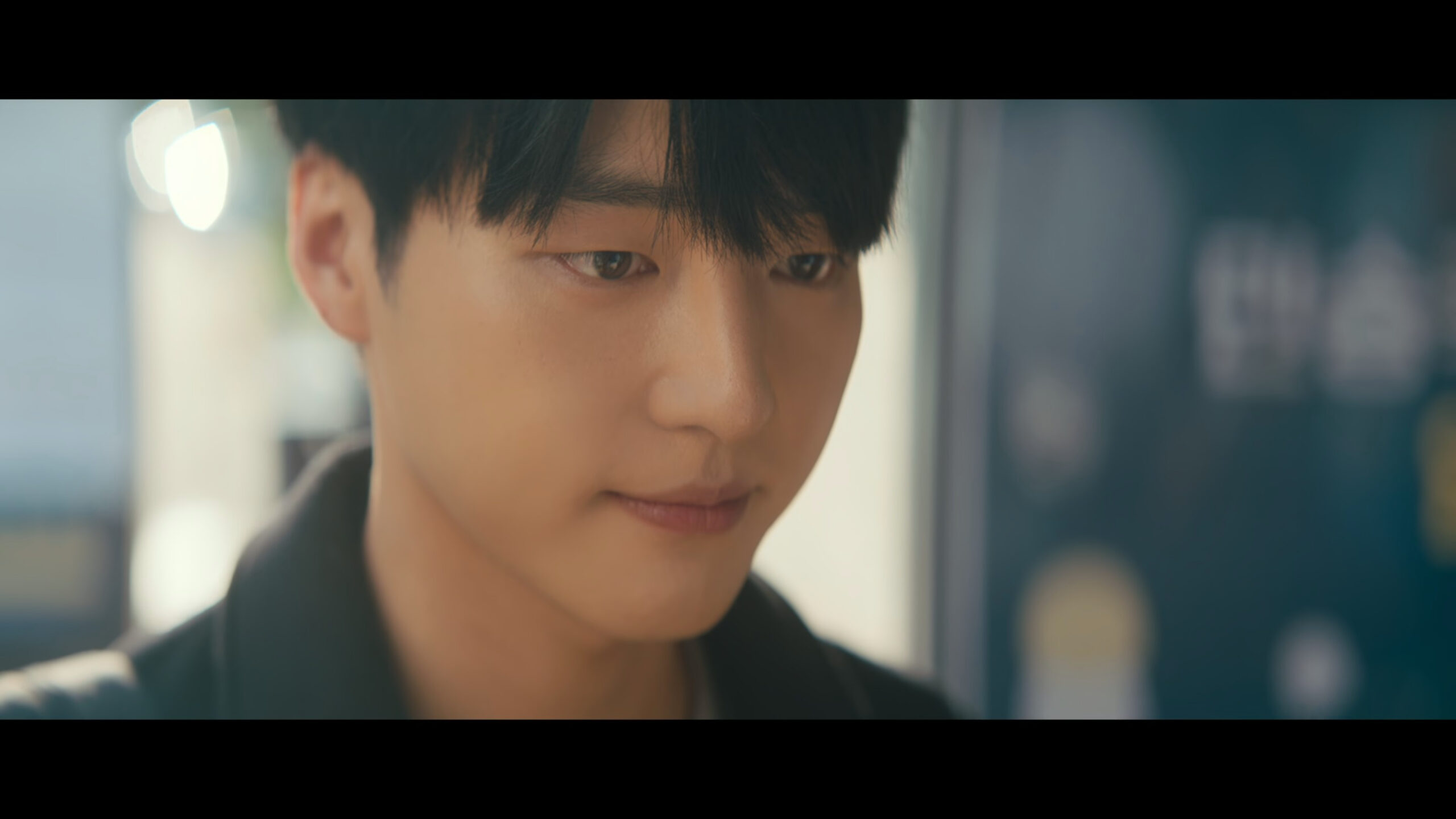
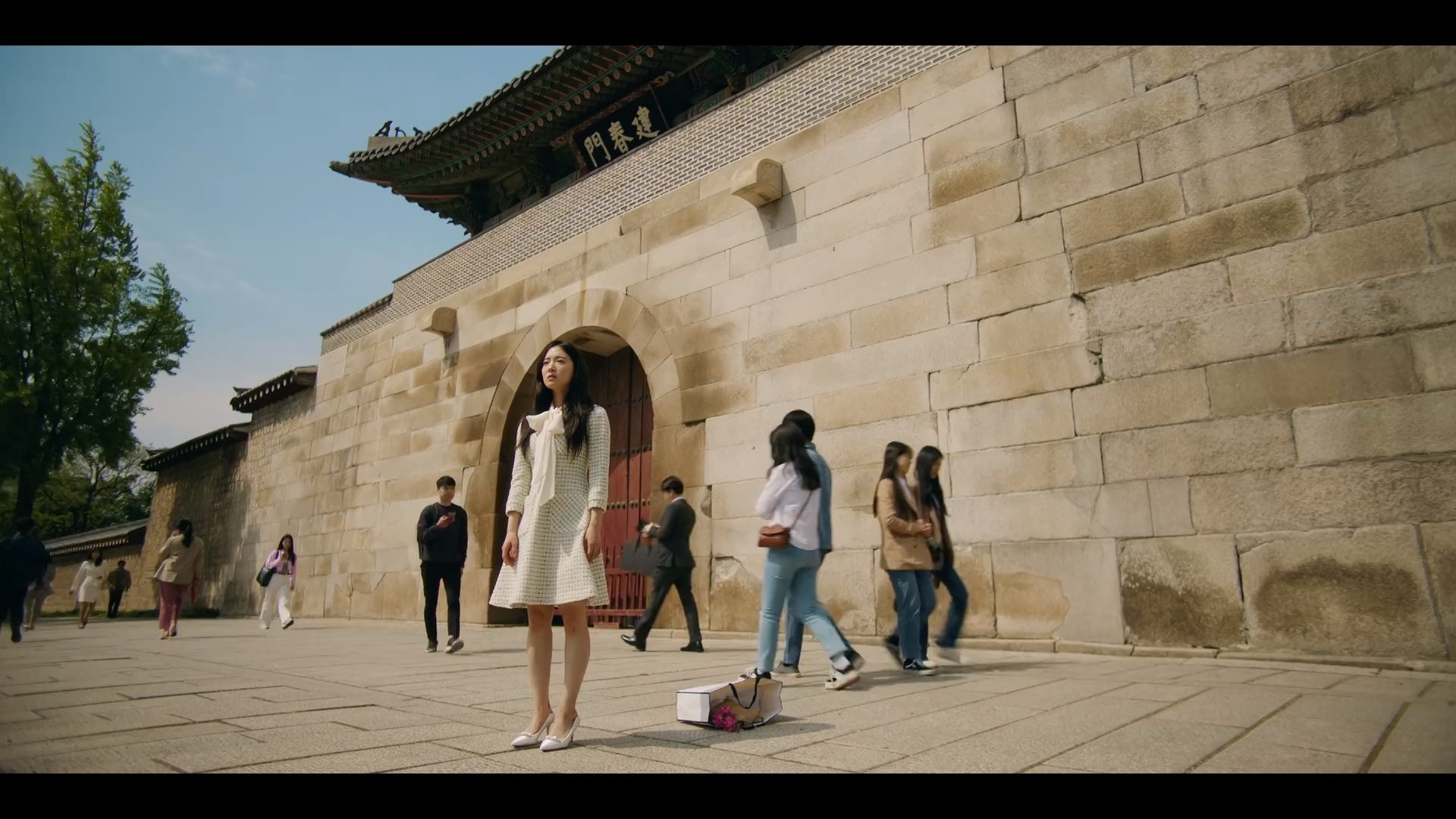


![[2022 Year in Review] The Bean Count](https://www.dramabeans.com/wp-content/uploads/2022/11/beancount_2022.png)

Required fields are marked *
Your email address will not be published. Required fields are marked *
1 picpak
September 22, 2014 at 8:54 PM
IT'S FINALLY HERE!!!!!! <3
Required fields are marked *
news
September 22, 2014 at 9:16 PM
Yes, I've been waiting all day and I can't even watch it tonight :-(
Required fields are marked *
KIKI
September 23, 2014 at 6:41 AM
Yes, it's finally here, but Javabeans need to realize how this writer is distorting the history about Sado and Yeongjo, and seriously need to know what korean people are saying about this writer's distortion about history thru this drama.
Required fields are marked *
NewFan
September 23, 2014 at 10:08 AM
Can you elaborate?
Required fields are marked *
Mrs. Jang guem suk
September 23, 2014 at 4:24 PM
Yes please do... Even thought I don't know much about Korean history I would like to know what happened to him prince sado
Required fields are marked *
Mama J
September 23, 2014 at 5:48 PM
I'm pretty sure she has some idea.
Required fields are marked *
Ivoire
September 23, 2014 at 9:13 PM
Does that mean that the Korean people are not happy about this drama?
Required fields are marked *
2 MIKAN
September 22, 2014 at 9:05 PM
I really really wish this is my sageuk crack of the year. I want a witty politics here. I watched a couple of eps in Yisan and I'm intrigue w/ prince Sado's life.
Required fields are marked *
3 Fun-Lugha
September 22, 2014 at 9:15 PM
I cant bring myself to watch stories with pre determined endings-the shots look compelling though-very intriguing facial expressions
Required fields are marked *
4 parny
September 22, 2014 at 9:52 PM
Can't wait for this to be subbed and out.....
Required fields are marked *
coffeenlucia
September 22, 2014 at 10:33 PM
Viki's started subbing it^-^
Required fields are marked *
john
September 23, 2014 at 2:56 AM
kdrama.com has it as well. Look forward to checking this out.
Fwiw, Viki currently has it listed as "Not available in your region" for the USA.
Required fields are marked *
mae
September 23, 2014 at 9:58 AM
If you use android mobile maybe you can try this application "surf easy" my friend suggest this application for have access watch video that not register for your area. I do downloaded it from Google playstore but haven't use it.
Required fields are marked *
news
September 23, 2014 at 4:22 AM
I find that it's usually it's available on dramabay first.
Required fields are marked *
5 ultramafic
September 22, 2014 at 9:53 PM
The tone seems off to me, it's not quite sure what it wants to be and the pacing was inconsistent. The characters, at least the King and Prince, also seem a little off. Sun's transitions between light and dark could be a lot more nuanced. And I can't help but get Sejong vibes from Han Seok-kyu.
I got the feeling they just wanted to get this out of the way. I think everyone needs to settle in a bit into their roles more, not just the actors but the director and editor...
I'm gonna still watch of course. It was an hour of drama I'm not gonna complain too much about. Can't wait to see how it develops.
Required fields are marked *
So3
September 23, 2014 at 1:36 AM
I, on the other hand, think HSK's portrayal of Yeongjo is quite different from Sejong. Here Yeongjo is definitely more calculating and more unwilling to show his inner thoughts. Sejong in TWDR was actually more like the idealistic Sado here - the one with ideals to spread Hangul as the new language of Joseon.
Required fields are marked *
6 PeepsLeAwesomePotato
September 22, 2014 at 10:09 PM
I thought no one was ever allowed to harm a royal or it's off with their heads... so how is it that Lee Sun's father-in-law dares to beat Crown Prince Lee Sun's head onto the ground that it bleeds?
And, lord, YeongJo sounds like the usual demonic high-achieving Asian mother, only far worse because he has the ultimate power and is terribly insecure.
I really hated the part in which a young Sun was made to lead the cries and the subsequent abuse (in my opinion) of him. It just shows, in one shot, the extent of the binding constraints and pressures heaved on this one person (regardless of his age).
Being a prince doesn't seem all that fun, especially if you're Lee Sun. It's like he's supposed to automatically know everything without learning, without making mistakes. There are some very unrealistic expectations of him, just in this first episode alone. Like with his insistence on making book-reading legal. He makes one wrong out-burst and it becomes this huge political hoo-ha in which he could be seen as enemy. What.
I am so glad I am not a royal.
Required fields are marked *
owl
September 22, 2014 at 10:57 PM
Add to that the dark and depressing historical background that javabeans provided, and yeah - you can have the jeweled crown.
Required fields are marked *
PPasun
September 23, 2014 at 2:35 PM
"I thought no one was ever allowed to harm a royal or it’s off with their heads… so how is it that Lee Sun’s father-in-law dares to beat Crown Prince Lee Sun’s head onto the ground that it bleeds?"
I thought it was his own head he was banging? Or am I mistaken?
"Being a prince doesn’t seem all that fun, especially if you’re Lee Sun. It’s like he’s supposed to automatically know everything without learning, without making mistakes."
Joseon crown princes were rigorously educated from the cradle to become the future king. All work and no play. And one small misstep, that could be easily understood and forgiven in any other child or youth, was blown out of proportion and even abused for political purposes. No fun, indeed, to be a crown prince at all.
Required fields are marked *
PeepsLeAwesomePotato
September 24, 2014 at 6:37 AM
Oops, I must have read wrong then. :P And it's out of the bag that I only read the recap and haven't watched the show, sorry.
Required fields are marked *
7 cherkell
September 22, 2014 at 10:56 PM
Oh yes it's here!!! Is there something so wrong with me that the only two dramas I'm closely following in 2014 are both sageuks (Empress Ki and Secret Door)? *don't answer that*
I remember that an attempt to "humanize" Sado was also put forth in "Warrior Baek Dong Soo" and was doing a magnificent job ... but then the PD-nim had to gloss-over and 'fusion-up' all the reasons how/why Manzzang met his rice chest death. I know a fair amount about Joseon history, and that plot line made me harrumph loudly for days thereafter. *harrumph*
SD is a gorgeous, lush and well-paced production so early out of the gate. The drama callbacks gave me the giggles -- at least this production is dishing out some meta with its meat. So looking forward to the next episodes!
Thanks for the recap, JB!!!
Required fields are marked *
kanz
September 23, 2014 at 2:38 AM
And many actors in Empress Ki also in Secret Door... Haha I'm seeing many familiar faces here.
Required fields are marked *
8 cau2it
September 22, 2014 at 11:47 PM
Watch Secret Door Online here, very fast update:
http://www.dramaraw.com/korean-drama-secret-door-52.html
Required fields are marked *
9 paroles
September 23, 2014 at 1:39 AM
I prefer a Korean sageuk which is historically accurate.
And the portrayal of the prince is a little too typical for me...
Required fields are marked *
10 So3
September 23, 2014 at 1:40 AM
I actually laughed when the montage of abdication scenes was shown... Yeongjo used abdication as his political weapon, which was kinda smart but also sad because it means he had no other better means of attack.
While I think the overall acting is good I'm not sure if I buy how the character of Sado is written here. He seems a bit too "naive" as a Crown Prince. No wonder Lady Hong is frustrated :P
Required fields are marked *
11 kanz
September 23, 2014 at 2:42 AM
Well, when I watch this raw I'm confused who's Noron and Soron and why they do what they do. But thanks to recap and history insight, now I know that Noron support Yeongjo while Soron support Sado/Sun...
The drama looks amazing, it looks like murder mystery/thriller along with usual political machinations that seems will be awesome cause the casts are fantastic. Can't wait for ep 2!!
Required fields are marked *
12 kellie
September 23, 2014 at 2:47 AM
I appreciate the (well-written) recap. Why can't they ever do Lady Hyegyong the way her celebrated memoirs portray her? That poor woman -- she had to live with the horror, then had the courage to put it on paper in spite of her son's obsessive admiration for his father. This "twist" in her character doesn't bode well for the rest of it. I think I'll pass.
Required fields are marked *
dannnnna
September 23, 2014 at 3:00 AM
Keep in mind that she is a unreliable narrator that was telling her story in a favorable light to her political party. No one knows what exactly happened back then, but it is assumed by historians that the prince didn't fall into madness, but fell victim to the political strife of those days.
Javabeans should educate herself or these recaps are going to be very confusing. She shouldn't just read one account of a historical figure, but also educate herself on the political background and read some alternating viewpoints.
Required fields are marked *
kellie
September 23, 2014 at 4:06 AM
I know that's what the revisionists assume -- they've been busy assuming it all over the K-drama landscape for years. Nevertheless I assume the carefully balanced version of those events penned by Lady H. isn't the stuff of propaganda. The only drama version of her I've been able to stomach is in "Path of the Great Dynasty," an oldie from the 1990s.
Required fields are marked *
13 bossu
September 23, 2014 at 4:27 AM
I won't lose hope yet for Sado to be an indeed darker character. If they need someone to portray a typically misunderstood character they don't need to specifically cast Le Je Hoon, he would be overqualified
Required fields are marked *
14 jomo143
September 23, 2014 at 4:54 AM
Thanks for the recap!
All those names and dates and titles flashing makes for a lot of pausing to read. It helps that you clarified it a bit.
How heartbreaking was that montage of little Sun out there in front by himself? Seriously. Kids don't belong in adults' fights, but not of course if you are a royal. My heart went cold at the thought of him being out there all those times for all that time. I was sobbing right along with him; I always cry when LJH cries, though.
It's gorgeous to watch, but oh so sad. Can I stand it for the run of the drama?
Please tell me that Suh Joon Young makes it out of Ep 1 alive. You can't tease us with his beauty then make it disappear. Please.
Required fields are marked *
light
September 25, 2014 at 4:51 AM
I love that montage. In the strictly artistic sense though. Great camera work makes watching sageuks a delightful experience.
Required fields are marked *
15 jliann
September 23, 2014 at 4:56 AM
This is the first time I'm hearing about the history between Prince Sado, and while it sounds fascinating -- am I the only person thinking that death by Rice Box is a terrible way to die?
It's the dying over 8 days -- slowly, excruciatingly -- that makes this account chilling for me.
If I were Crown Prince Sado, I would request a sword and off myself before putting one toe inside that box. 0____0
Required fields are marked *
16 Enz
September 23, 2014 at 5:25 AM
Thank goodness for recaps. I dont read most recaps these days but this one was too much for me to figure out. For example, i had no idea that they were beseeching the king not to abdicate in those scenes!
Love the look of the drama. ( and so many familiar faces in currently airing shows!! you would think korea had more actors to call upon). The last bit was heart poundingly intense.
Thanks javabeans for making it less confusing for some of us.
Required fields are marked *
17 JoJo
September 23, 2014 at 5:26 AM
Thanks for the recap, JB. Will give this one a try. Hope it's well acted...I've become very picky these days. ?
Required fields are marked *
18 CaroleMcDonnell
September 23, 2014 at 6:33 AM
off to watch! I am seriously learning way way way too much about Korean history. Thanks for the recap.
Required fields are marked *
curmudgeon
September 23, 2014 at 9:41 AM
Did you watch Dong Yi? The king is her son.
Required fields are marked *
mae
September 23, 2014 at 10:49 AM
Thanks. .i really have hard time to follow the story line saeguk drama, when you mention the character from drama dong yi t's really help me. I watched some good saeguk drama but it always hard to connect the character if you not familiar with the real history so my references is from other drama that on air before exp. Dong yi, qsd, jang ok jung , dae jang geum, faith ..hopefully you know my frustrated when i saw choi young in great seer after i saw him in drama faith (my bias opa min ho)
Required fields are marked *
19 Lixie
September 23, 2014 at 7:16 AM
Why is this such an anticipated drama? Sorry, if it's a stupid question. I mean, I know it is, but I'm still curious.
It's such a depressing story and mad kings and princes alone are not usually interesting in itself, bad parents relationships abound in every melo, so maybe it's just because it's such a famous story?
Required fields are marked *
Nancy
September 23, 2014 at 7:32 AM
@javabeans has mentioned on ocassion her excitement and reasons for anticipation, mostly being attributed to the cast and the richness of the story. It's one of the more famous controversies in history and even though there have been countless theories and reimagining of the story, it's still interesting to see how it transpires onscreen.
This is also my most anticipated drama of the year because Han Seok Kyu is brilliant, and it's the return of Lee Je Hoon to the small screen in something meaty and equally worthy of his talent, and their chemistry in 'Paparotti' was so palpable, too.
Required fields are marked *
Lixie
September 23, 2014 at 7:46 AM
Thanks Nancy,
I didn’t know the cast, I will check the first episode to get to know them. I guess knowing the end sort of takes a bit out of the mystery for me and that was one of my reasons for asking.
Required fields are marked *
picpak
September 23, 2014 at 11:58 AM
To build off Nancy's point, not only is there a casting reunion on Han Seok Kyu and Lee Je Hoon's part, but many members of the production team are working together again after their work on the highly enjoyable and all around amazing saeguk 'Tree with Deep Roots' (2011). As a MAJOR fan of TWDR and the cast of 'Secret Door', I definitely feel the same level of anticipation as Javabean--and I daresay Korea--feels.
Required fields are marked *
PPasun
September 23, 2014 at 2:47 PM
"It’s such a depressing story and mad kings and princes alone are not usually interesting in itself ..."
I don't know, some of us are morbid enough to think depressing stories about mad kings and princes are fascinating despite their well-known ends. It is also about how a particular drama portrays the well-known story, the details, the different angles, interpretations, psychology and human drama among characters. I think there are reasons why people keep making different plays of King Lear and Hamlet and audiences keep showing up. ;-)
Required fields are marked *
Lixie
September 23, 2014 at 3:14 PM
I'm all for King Lear and Hamlet but their beauty is all in the writing and not so much in the plot, I hope SD proves to be something like that. :)
Required fields are marked *
Ppasun
September 23, 2014 at 6:45 PM
The writing certainly cannot be compared to Shakespeare. But the raw materials, the "plots," found in Joseon history rival any plots ever used by the Bard. Now I am just waiting for some writer-nim to do justice to those materials and come up with a sageuk with as much poignancy, poetry, insight to what it means to be human, and wisdom. Will such a day ever come? Lol.
Required fields are marked *
20 Lixie
September 23, 2014 at 7:46 AM
Thanks Nancy,
I didn't know the cast, I will check the first episode to get to know them. I guess knowing the end sort of takes a bit out of the mystery for me and that was one of my reasons for asking.
Required fields are marked *
21 kimchikay
September 23, 2014 at 8:29 AM
While I am a fan of saeguk's - for some reason, Prince Sado's story has never interested me however reading the cap makes me think this might be an interesting twist to it all ... let's see...maybe it's worth checking out though I feel like discussions are going to get intense and serious in here about the legitimacy of it all....
Required fields are marked *
22 spazmo
September 23, 2014 at 9:58 AM
love the bromance - seo joon young and lee je hoon, so adorable together...
Required fields are marked *
23 namrah
September 23, 2014 at 11:06 AM
omgggggggg i loved it.. like im new to korean history so wasnt a fan of historical dramas. bt i heard the block b ost for it n i was like seems badass, n omg it is badass! i was a bit confused, then i read abit about the sad story of sado and the king so i understood it more. overall its AMAZING ..omg cant wait for the next episode
Required fields are marked *
24 Auntiemame
September 23, 2014 at 12:16 PM
THANK YOU so much for the recap and additional information.
It made the drama much more interesting than how it was subbed on the first licensed site to quickly sub it. Hopefully, the all-volunteer site will be more thorough and concise.
The acting and cinematography is A+, so far. It'll be great to have an A+ story, too.
Required fields are marked *
25 PPasun
September 23, 2014 at 3:02 PM
It's been only 1 episode, but I am really excited. I sense the beginning of a masterpiece here.
I think another popular theme running through many of the 2014 sageuks is dysfunctional father-son relationships in the House of Yi. Four of the five most tragic father-son relationships of Joseon history were shown in dramas this year: Taejo Lee Sung Gae v. Taejong Lee Bang Won in Jeong Do Jeon; King Seonjo v. Prince Kwanghae in the upcoming King's Face (if it is still being made); King Injo v. his son Crown Prince So Hyeon in the Three Mustketeers; King Youngjo v. his ill fated son Crown Prince Sado in Secret Door. Now someone make a drama about King Seongjong and his son Prince Yeonsan, then the list will be complete.
Required fields are marked *
26 Joy
September 23, 2014 at 6:01 PM
Javabeans,
Thank you so much for the recap and for the explanation.
Required fields are marked *
27 Tara
September 23, 2014 at 11:59 PM
Thank you very much for the recap, JB!
Your insight and background into the history of this story was really helpful in trying to understand what was going on here. I don't understand those who are chiding JB because I thought this drama was known from the get-go that there was going to be some liberty taken into developing this story with a twist...so obviously, this isn't going to be historically "correct" to a tee. If you want historically correct, look for a documentary on this instead.
That being said, I felt that the pic of Sun covered in snow captures the essence of the dysfunctional father/son relationship. Yeongjo really seems to enjoy pulling the "I'm gonna abdicate" card just for kicks -- almost sadistically, knowing that Sun would be forced to lead the cries, whatever the weather conditions. It most definitely feels as if he's setting Sun up to fail, no matter how much he tries -- just because.
It's still a bit jarring for me to see HSK not as King Sejong, but I know watching this further will help me separate his portrayal of the good king into this king.
Required fields are marked *
28 fanwho
September 24, 2014 at 4:10 AM
One of the most aewsome casting I have ever seen!!
OMG Park MoonSoo (Lee WonJong), are you that famous Park MoonSoo, the inspector?
Required fields are marked *
29 Sunshine
September 24, 2014 at 12:21 PM
The main actor looks like Super junior Henry a lot o_o
Required fields are marked *
30 han
September 25, 2014 at 4:07 AM
I'm in for everybody else except the main girl. Please give EunBin a good character. Once look at her and liking her.
Required fields are marked *
31 loesje
September 25, 2014 at 1:38 PM
Really appreciate you recapping this.It makes it a little easier to sort through all the names and characters.We all seem to know how prince Sado was portrayed in history,so this is a refreshing view.Politics is never simple or easy.People are ultimately out for themselves.The cinematography is stunning.Costumes beautiful. Very crisp clean images.Love the cast....
Required fields are marked *
32 Aly
September 28, 2014 at 8:51 AM
I had big expectations for this drama!
I enjoyed this first episode, but I was very confused about the timeline or the characters. I had to come here and read the recap to finally understand what was going on.
The casting is really great. I'm just so happy to see Park Eun Bin on my screen again!
Required fields are marked *
33 Lilian
October 1, 2014 at 7:36 AM
Lee Je Hoon is awesome in this first episode! Glad I decided to watch despite hating Fashion King...
Required fields are marked *
34 WendyDarling
October 6, 2014 at 5:41 PM
Lee Je Hoon looks like Kim Soo Hyun in some angles! I hope Kim Soo Hyun fans won't bash me, I know he's in an all too different level but I guess I just wonder if other see the similarity too!
Required fields are marked *
KFreak
November 12, 2015 at 6:35 PM
I do! I do! It's those lips! and the eyebrows... Lee Je Hoon looks a bit more masculine though
Required fields are marked *
35 KFreak
November 12, 2015 at 7:15 PM
Seguks always interest me. The depiction of the Joseon traditions and customs makes them very compelling.
I don't know much about the actual history and navigated to this show only because I wanted to see more of Kim Yoo Jung's acting.
I sensed from the beginning that the makers assumed some knowledge of history on the viewer's part and the way they showed the names of the characters with such a familiar tone clued me in to the fact that it was a real historical event.
There were still so many questions when I watched it though. I know now that the "question mark" when it comes to depicting Yeojong and Sun's characters was intentional.
Like how they show Sado as naïve but intuitive. Idealistic but scared and vulnerable and kinda weak.
It's a little unnerving to see the main character -who almost all the time is a strong hero-as someone who is potentially wrong.
Like when Sado tried to make the distribution of books legal, I just assumed that like Hitler, king Yeojong just indiscriminately banned books and it gave the whole underground book lending operation sound so rebellious, revolutionary and exciting-heroic even (and as a yoo jung fan I enjoyed the idea of Ji Dam being someone leading rebel operations against the regime for the sake of something as honorable as protecting literature). But then this Soron minister walks in and says "it's the law that has been there for 400 years"
and that's when I realized that Sado could be an immature leader and an impulsive statesman with no political acumen.
The vague characterization (which I know is necessary) is killing me. Is he clever and shrewd? Is he just scared ,inexperienced and impotent? aarrghhh
I have never felt this restless watching a drama.
Could someone please answer a few questions that I had?
1. Why is everyone so scared about Yeojong's abdication? Doesn't Yeojong's abdication lead to Sado becoming the king?
Why then are Lady Hong and her father so anxious?
Why is Sado anxious? Is he known as a peace loving person who did not want the throne?
2. What in the world is seakchek? Were civilians allowed to read/purchase books published by the Govt?
And was the only problem here the fact that they were essentially pirating or writing books themselves without Govt. Authorization?
Well that seems fair right? What's so wrong about this law that Sado makes such a righteous speech about "letting the people read"? If they govt allows them to read legal books in a library then that's fine right?
I am asking because as just a drama watcher I am desperate to somehow reconcile Sado's character (either black or white-I know that's not how it is in life but I am just watching a drama...no artistic/academic investment/interest in the proceedings)
Is the a righteous savior-of-the people or is he just incompetent and stupid?
Required fields are marked *